Debate success is a mix of skill, preparation and chance. The candidate who emerges victorious from Thursday’s debate will come down in large part to the questions Fox News pitches at them.
For their part, moderators Bret Baier, Megyn Kelly and Chris Wallace have vowed to pose tough questions. Here are the ones that each candidate doesn’t want to answer:
Donald Trump is leading the Republican field now, but he wasn’t always an outspoken conservative. Hillary Clinton attended his most recent of three weddings, and husband Bill Clinton joined for the reception. He has written checks to Democratic candidates and campaign committees. He backed the requirement that all Americans be required to get health insurance, an idea at the core of Obamacare. So the obvious question to the loud-mouthed real estate mogul: “Just 15 years ago you were pro-choice, supported single-payer healthcare and a 14% wealth seizure by the federal government. Now you are against those things. Sir, how can we believe that you aren’t really a Democratic plant sent into this race to soften us up so your friend Hillary Clinton can be President?”
Jeb Bush has made education reform one of his signature policy issues. He was an early and vocal backer of the voluntary Common Core education standards, which enjoyed broad Republican support before more recently coming under fire from grassroots conservatives. GOP Govs. Chris Christie, Scott Walker, Bobby Jindal and Mike Huckabee have all abandoned their support for Common Core. Now Bush is the lone holdout for Common Core, though its toxicity is plain enough that he avoids using the term and couches his endorsement as support for accountability. The question for Bush: “How do you respond to Republican voters who view your support for Common Core as an attempt to nationalize education?”
It’s hard to pin down Scott Walker‘s position on immigration. Ten years ago, Walker favored comprehensive immigration reform. In 2010, he criticized Arizona’s controversial immigration law, only to quickly reverse his stance. In 2013, he supported the Senate’s bipartisan overhauls of the U.S. immigration system, which included a difficult pathway to citizenship. Now he opposes the same citizenship, and appears to have staked out an even tougher position, calling for reducing levels of legal immigration, too. The question for a candidate who casts himself as a principled fighter: “As President, what would you do with the estimated 11 million undocumented immigrants currently in the U.S.? Do we simply have too many immigrants — here legally or otherwise — and can you guarantee us that your view today would not change if you are elected?”
When Mike Huckabee announced his candidacy for president in May, he boasted of passing 94 tax cuts during his two terms as governor of Arkansas. Independent fact-checkers questioned that figure, noting that he also raised taxes 21 times. The total net tax increase during his term was $505 million, leading the Cato Foundation to award Huckabee an F grade on taxes in 2006. “Can you explain why you chose to repeatedly raise taxes while governor of Arkansas?”
The Main Event: Donald Trump
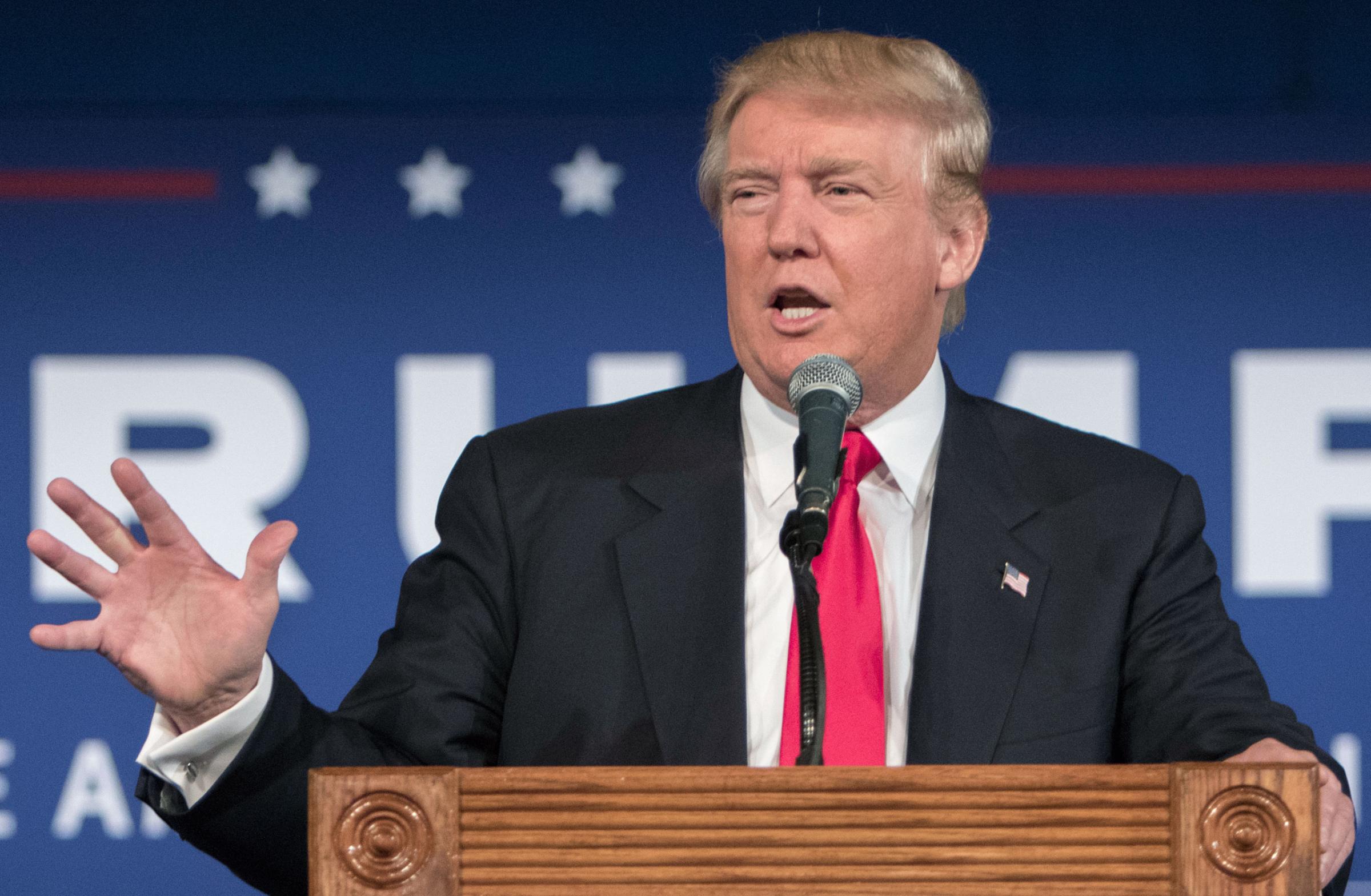
The reality television star and real estate magnate rocketed to the top of polls with his bombastic rhetoric. Now he has a target on his back, and a pack of struggling rivals are ready to take aim. Trump has no experience as a debater, an extremely thin skin and a taste for schoolyard insults. People want provocation from him, and he will deliver. But if he comes off as a cartoonish reality show character without an ability to handle actual policy, he might find that his frontrunner status erodes. Trump knows better than anyone how to roll out a new product. Now he has to show the stuff is worth buying.
The Main Event: Jeb Bush
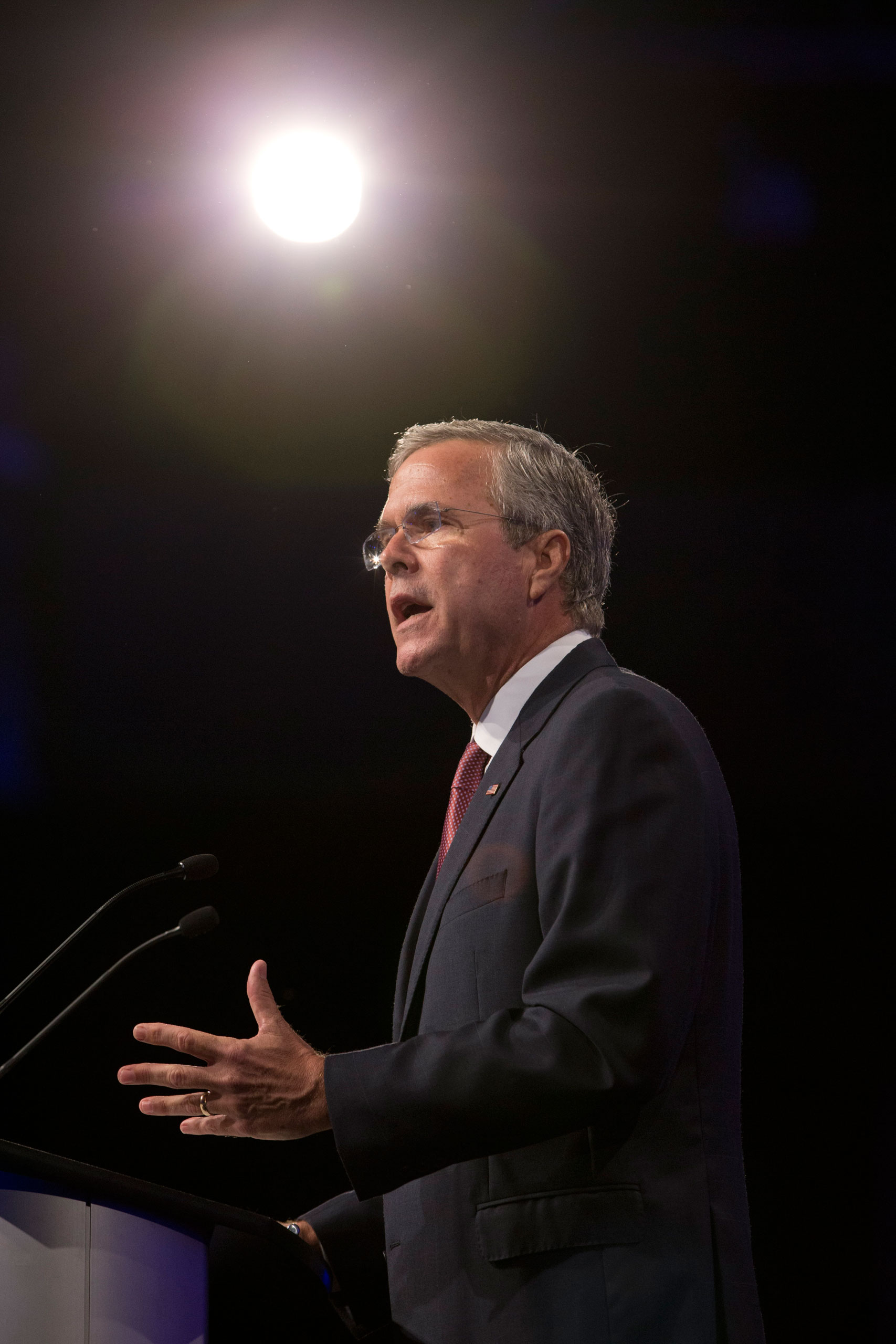
The establishment front-runner is sitting on more than $120 million in the bank, but has yet to show he can win over Republican voters. In a spectacle dominated by Trump, Bush wants to come off as cool, collected and informed. His pitch is that he is the adult conservative tough enough to take on Hillary Clinton, but with a sunny tone that broadens the party’s appeal. That’s a high bar. If he gets pushed around by Trump or fails to make an impact, then his allies may start burning their television ad money on early states sooner than he would have hoped.
The Main Event: Scott Walker
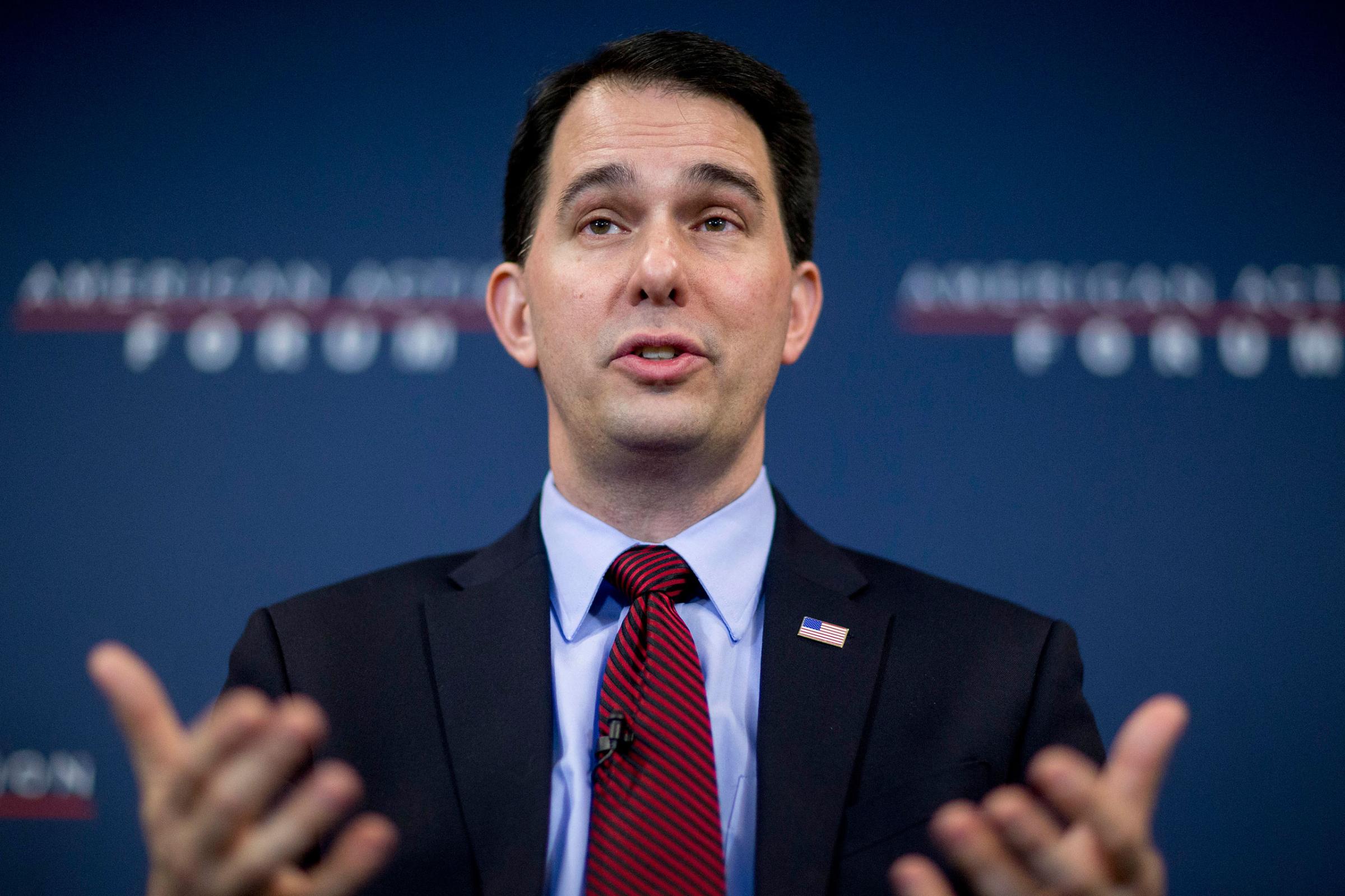
The Iowa front-runner has been an uneven performer, and Thursday night’s forum marks a significant test. He will try to emphasize his battle-tested record in Wisconsin, a blue state where he won three successive elections despite kneecapping powerful public-sector unions. Walker has sought to skirt controversial issues during the early phases of the primary campaign, so the Fox moderators are likely to put him on the spot. Look for rivals to raise his flip flops on issues like immigration.
The Main Event: Ted Cruz
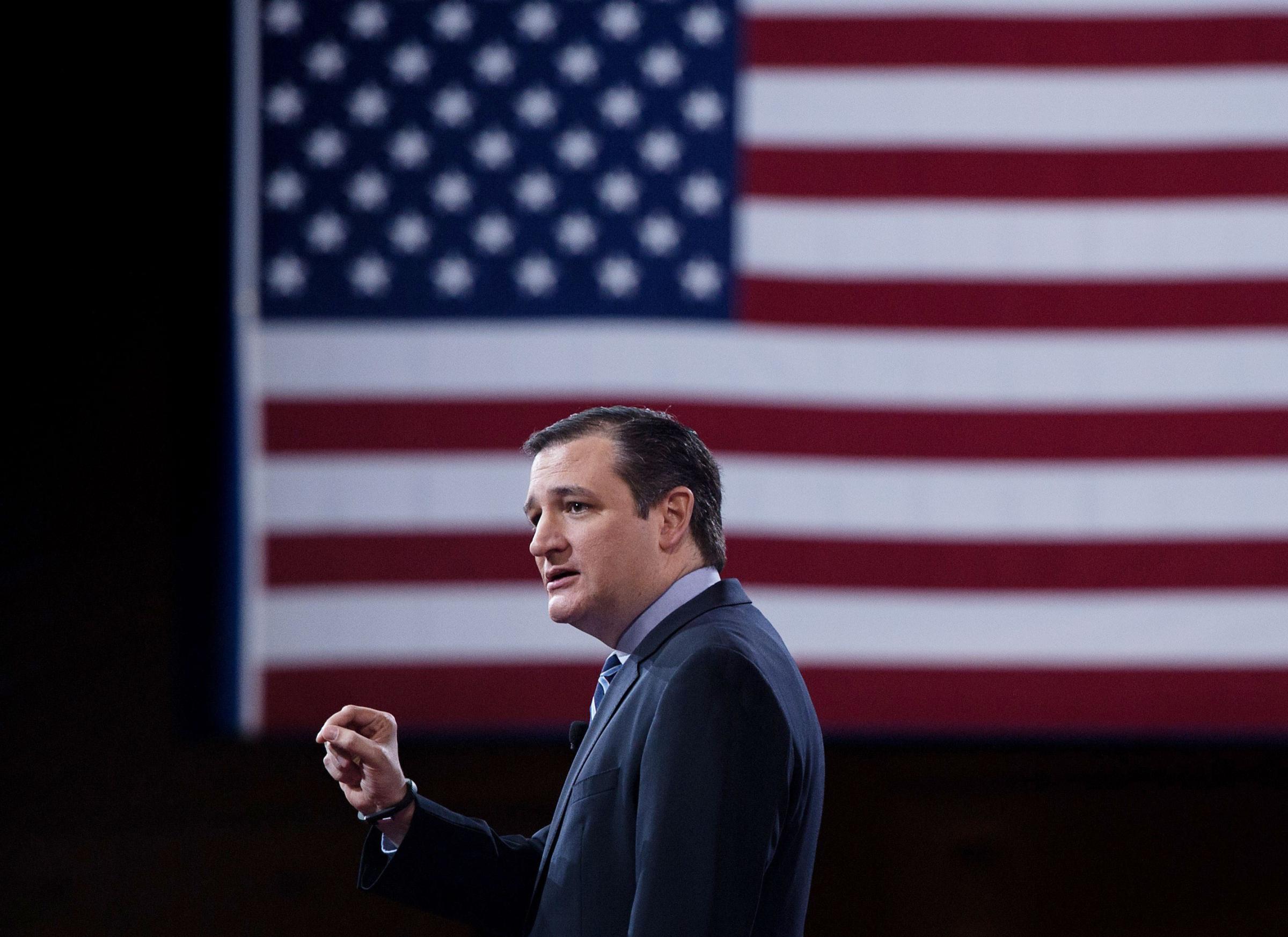
The conservative firebrand was a champion debater in college, but this is a different sport entirely. Cruz comes in with soaring expectations, but it’s unclear how his skills—and penchant for long-winded answers—will translate onstage. His challenge, at a minimum, is to be the second choice for every voter who wants a pure conservative. Look for him to make bold statements of principle, while avoiding direct attacks on Trump and Carson.
The Main Event: Ben Carson
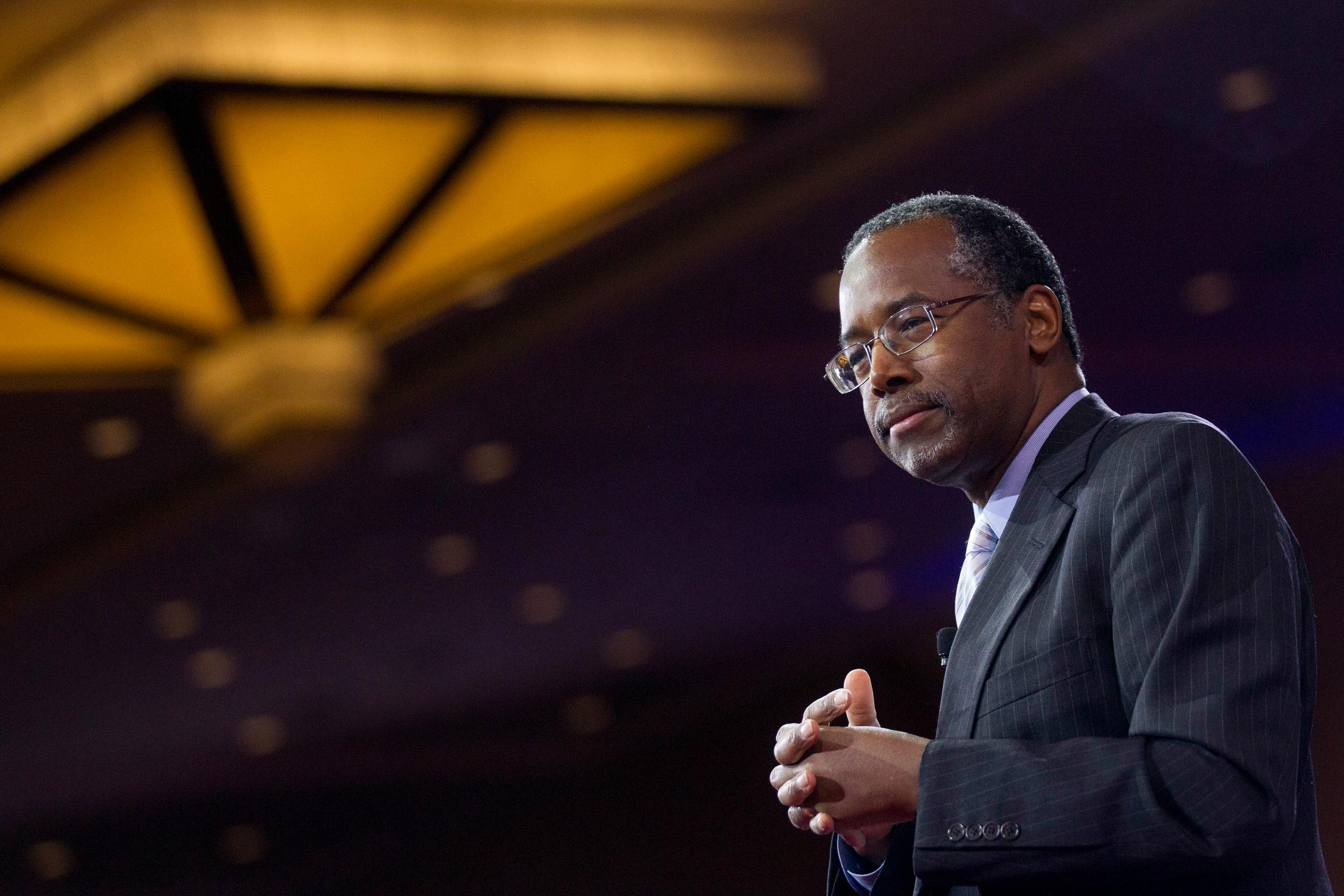
The retired neurosurgeon became a darling on the conservative speaking circuit during the past two years, but his unconventional style has been marked by oddball and inflammatory statements. Carson retains a cadre of die-hard supporters, but onstage he’ll have to prove that his candidacy is more than a fading fad. He has said several times he never wanted to run for the White House, and at times he seems to be running an accidental campaign. Now he has a chance to show voters that he has changed his mind.
The Main Event: Mike Huckabee
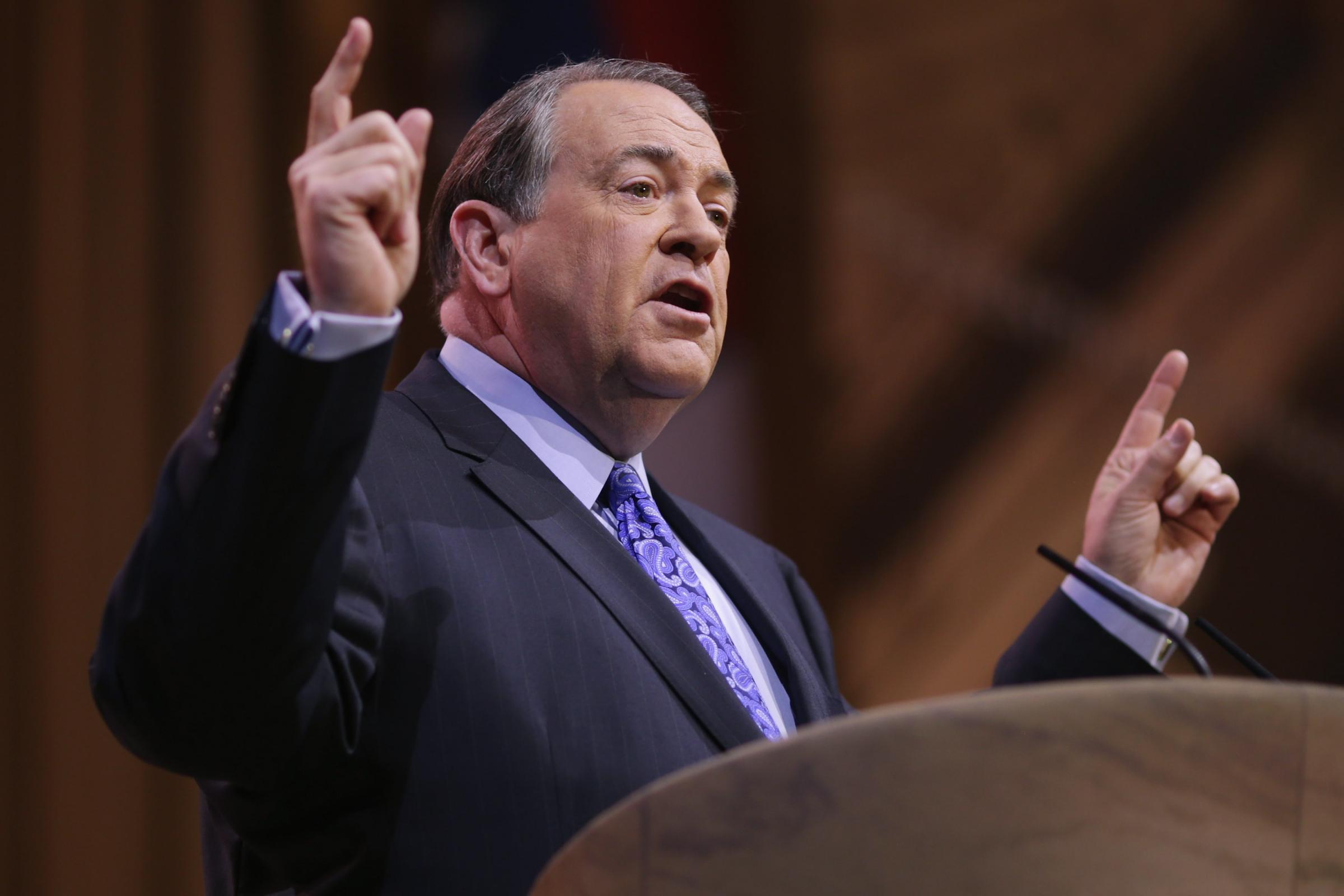
The former Arkansas Governor’s ability to overperform expectations in debates was key to his Iowa caucus victory in 2008, and his campaign is betting on another set of performances to push him out of the pack. Having worked in television his whole life, he knows how to work a camera, and convince viewers he is talking to them. His challenge this time is to convince Iowa caucus goers that he is not yesterday’s news. Look for him to possibly square up against Walker, who is already eating into his numbers. Also watch for the cues he sends to social conservatives on issues like marriage and religious freedom.
The Main Event: Marco Rubio
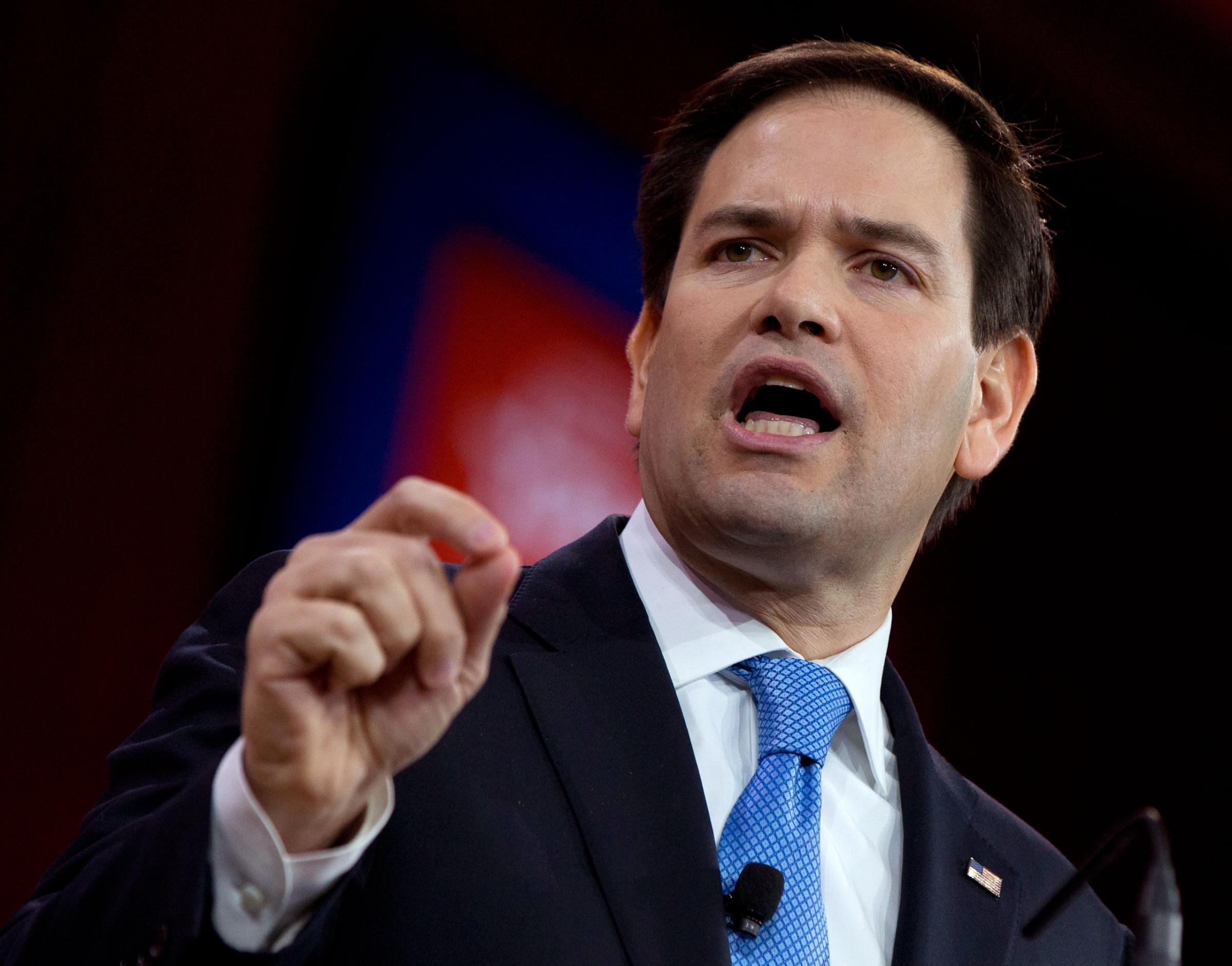
One of the most popular candidates in the field, Rubio is running a tortoise campaign, intentionally flying under the radar as rivals damage their appeal with constant skirmishing. The Florida senator wants to avoid confrontation and continue to position himself as a consensus second choice for now, hoping that he can take advantage if Bush and Walker stumble. But he also has to show up. For the past few weeks, outside of some ad spending on his behalf, he has barely been a presence in the campaign, and his poll numbers show it.
The Main Event: Rand Paul
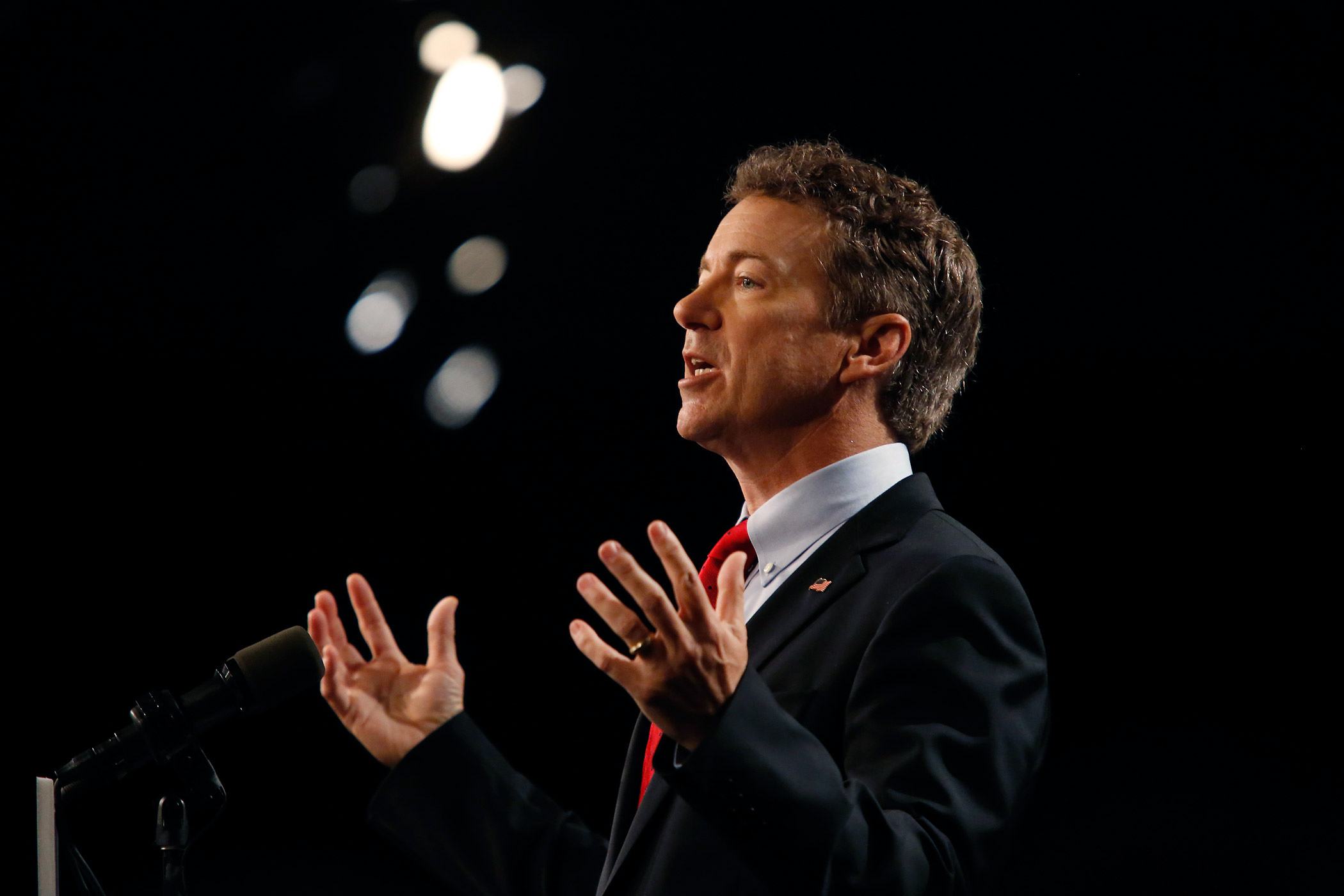
Amid the rise of the Islamic State, the libertarian Senator’s dovish foreign policy is growing out of synch with an increasingly hawkish GOP. A frequent target of Christie and Rubio, Paul is apt to become a target in the debate, and he has a habit of growing prickly when challenged. Slipping in the polls, Paul can give his candidacy a much-needed boost with a strong showing. This is a perfect chance for him to make the case that he can expand the party by attracting young voters and minorities.
The Main Event: Chris Christie
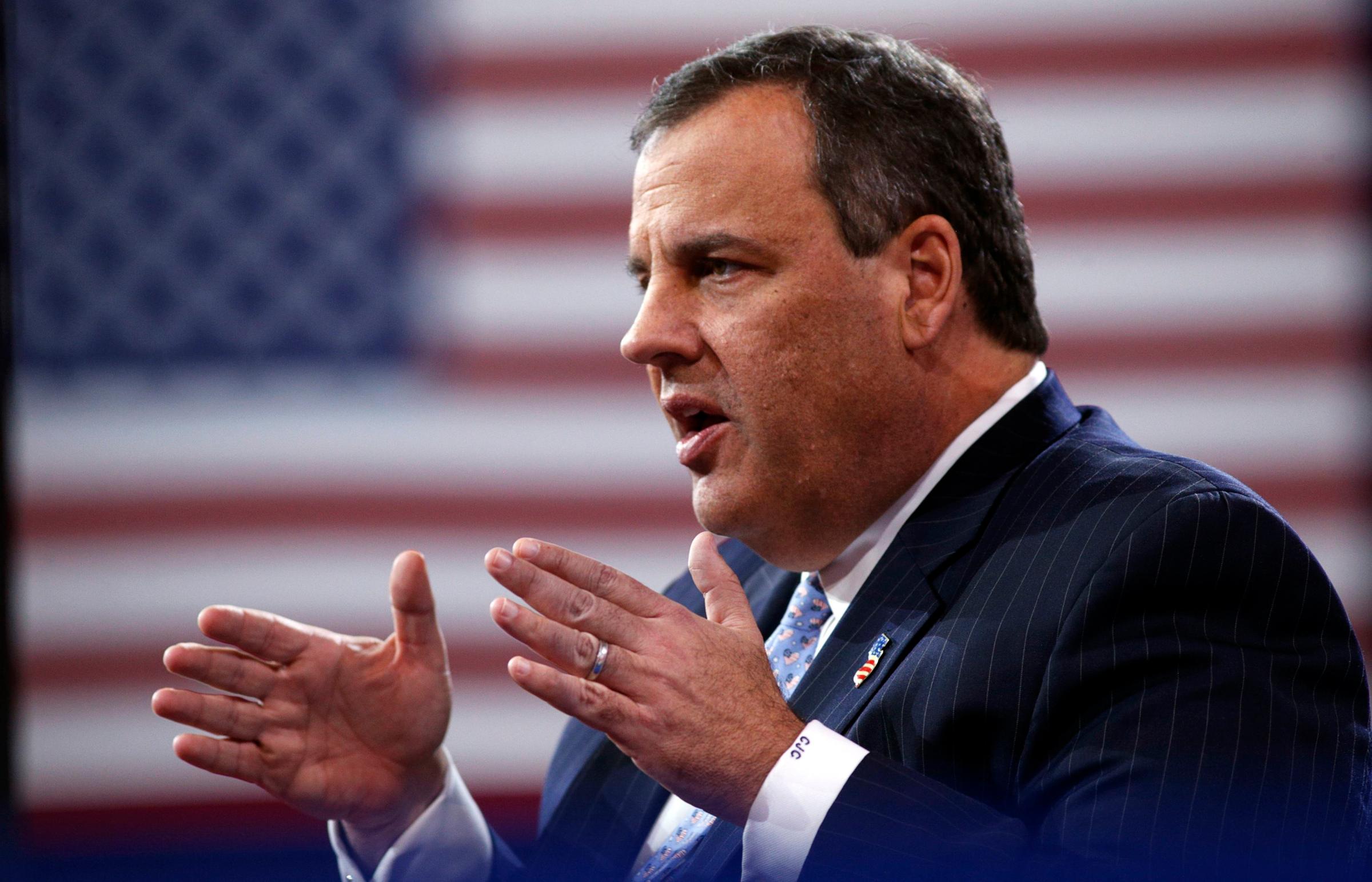
Once the GOP front-runner, the New Jersey Governor barely clinched his spot on the debate stage with a week-long Fox News blitz. Still tarnished by Bridgegate and distrusted by the party’s conservative wing, Christie will be looking for a spot to showcase his brash personality. If he doesn’t have a memorable moment, he’ll be in real trouble. A tussle with Trump could be in the cards.
The Main Event: John Kasich
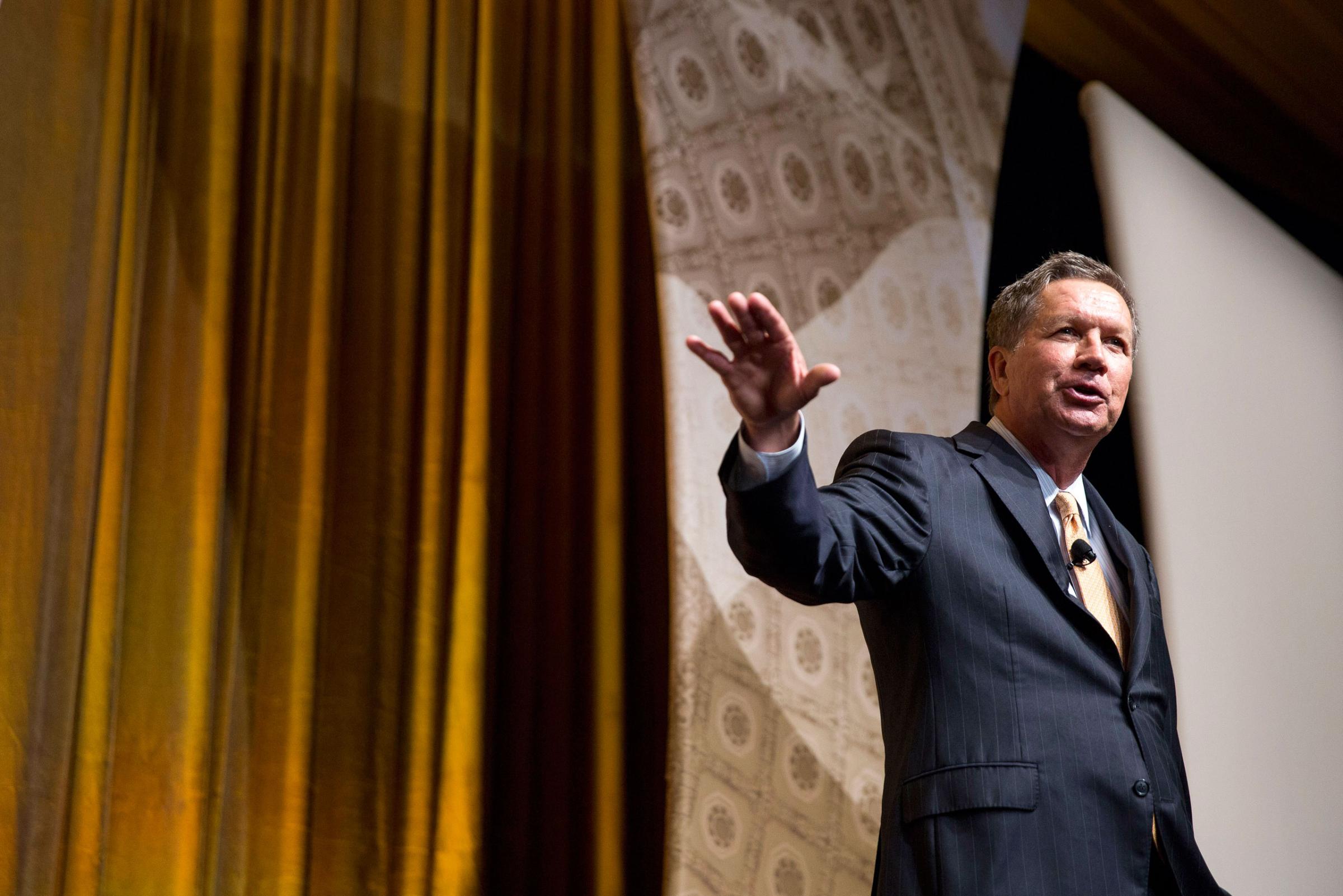
With among the lowest name-recognition of any candidate in the top 10, the Ohio Governor surged after his announcement two weeks ago to make the stage. Kasich needs to keep the momentum going in a home-state debate, and carve out a niche as an establishment-friendly, grownup alternative to Bush. He wants to stay on offense, even as some of his rivals are likely to paint him as too squishy on core conservative issues to win the debate. Look for him to try to distinguish himself from the rest of the field on policy and experience.
The Undercard: Rick Perry
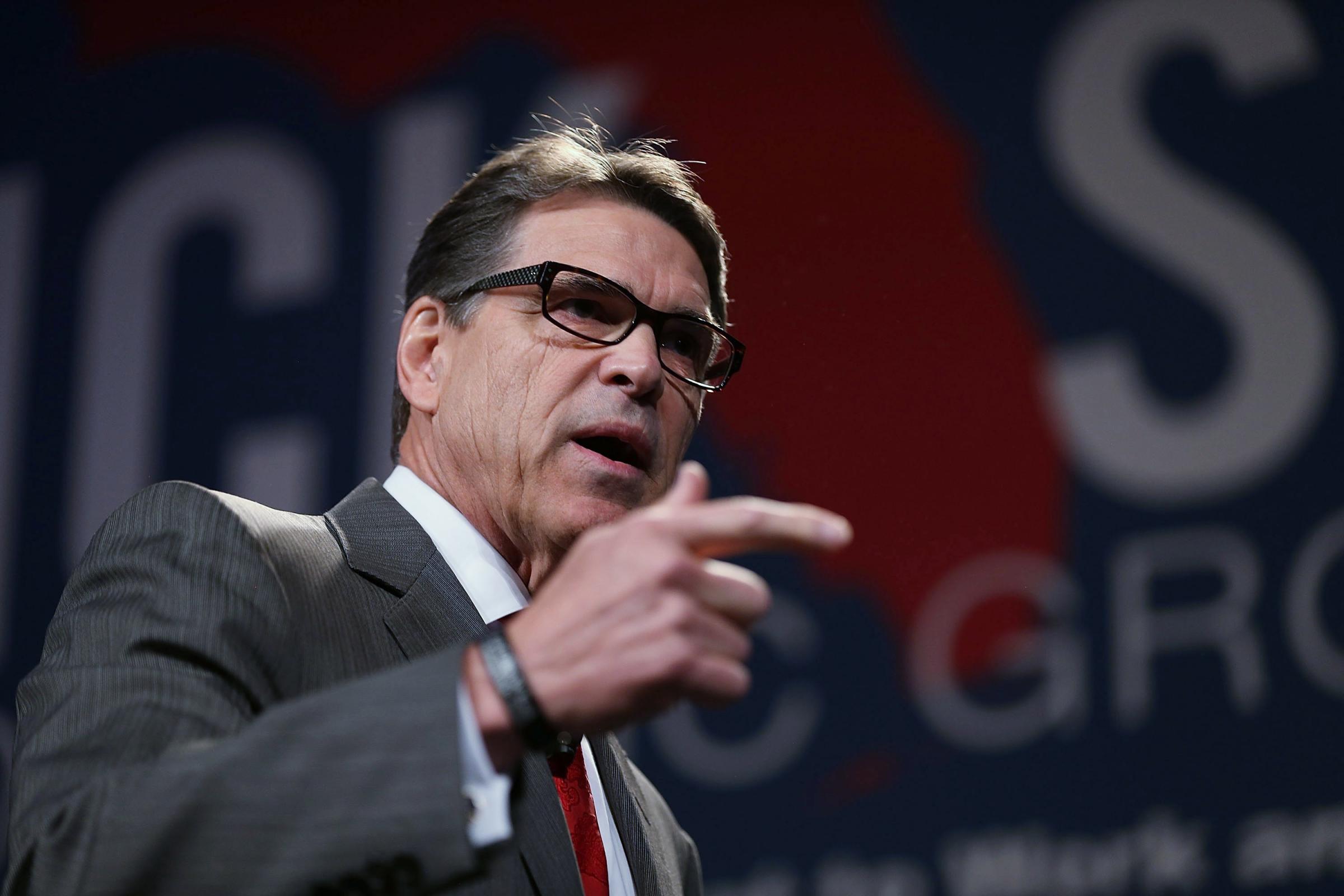
After narrowly missing the cut for the main event, Perry’s challenge is to soldier on with a strong performance. Avoiding another “oops” moment is the first step toward proving he really is a sharper candidate. At the center of the undercard, the former Texas governor gets the benefits of more airtime and a Trump-free environment to continue his political resurrection after his disastrous 2012 campaign. But he has fallen far since his first debate in 2011, when he was seen as a frontrunner. Beating up on Donald Trump will not be enough to get him to the big boy table in September.
The Undercard: Carly Fiorina
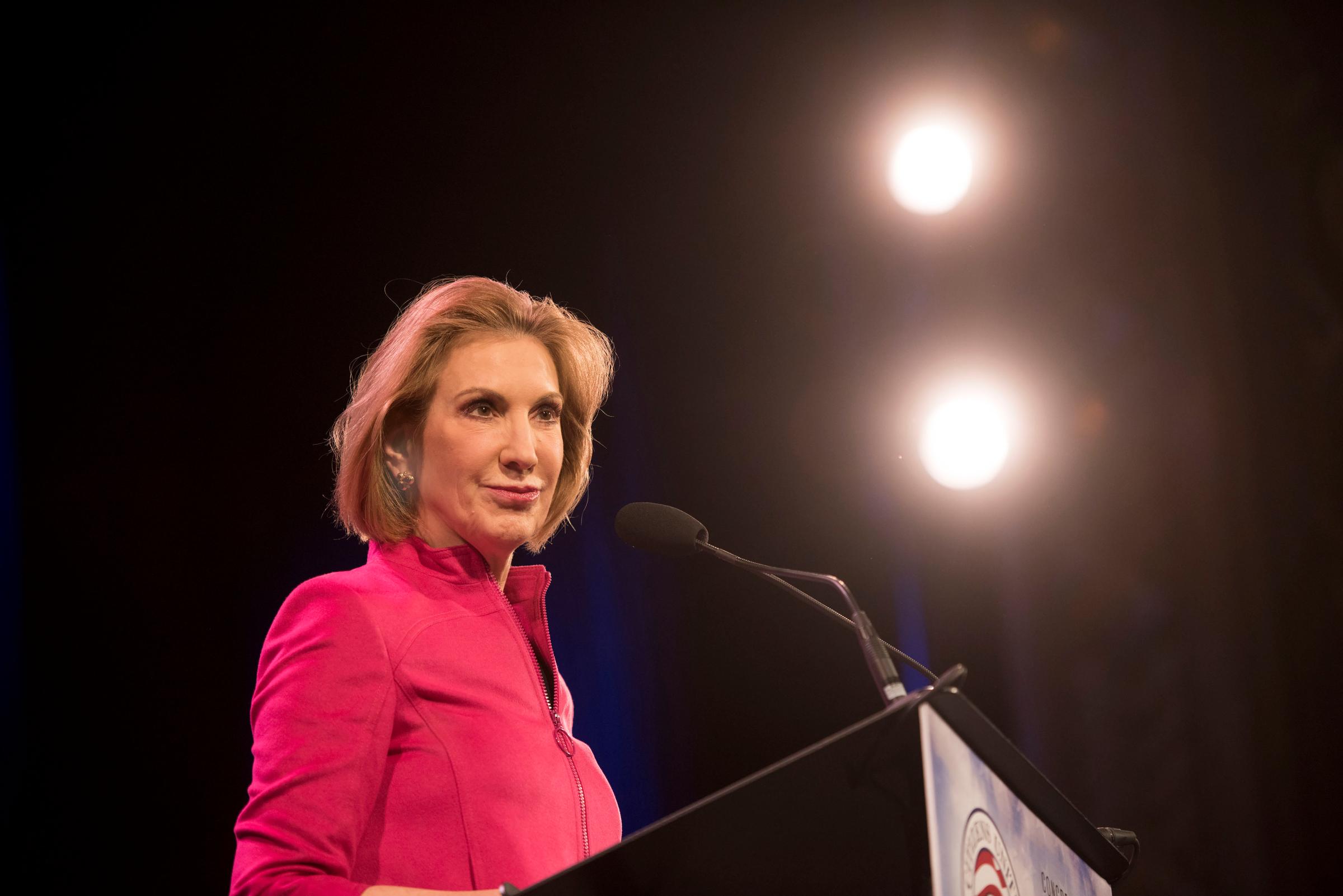
The former HP CEO hoped to make the main stage, but her campaign is now shifting the goalposts, telling supporters they are playing a long game for the nomination. The lone woman in the field, Fiorina has proven herself a caustic and effective Hillary Clinton critic. But she needs a wider repertoire to make the second debate next month. Crowds love listening to her, but few leave the room wanting to vote for her. She needs to show she has the gravitas, not just the one-liners, to take on Clinton.
The Undercard: Rick Santorum
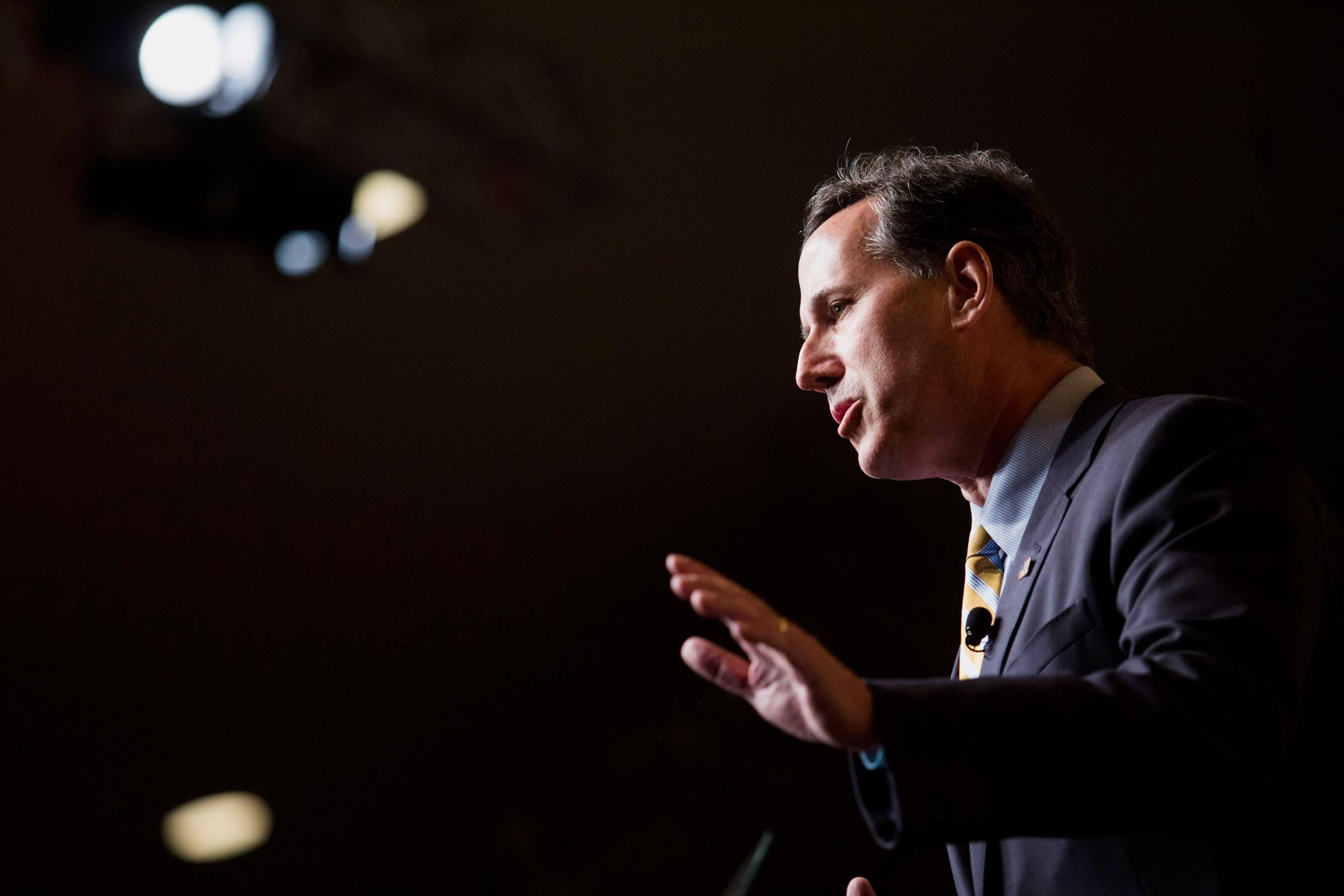
The 2012 runner-up’s campaign is in shambles, with little money trickling in and an exodus of top aides in recent weeks. He’s made barely a ripple on the stump, driving few headlines even in Iowa, where he’s been camped out in hopes of bottling the unlikely magic of the last campaign. No candidate has grumbled more about the RNC rules than the former Pennsylvania senator, who needs to stop complaining and start showing his campaign has life.
The Undercard: Bobby Jindal
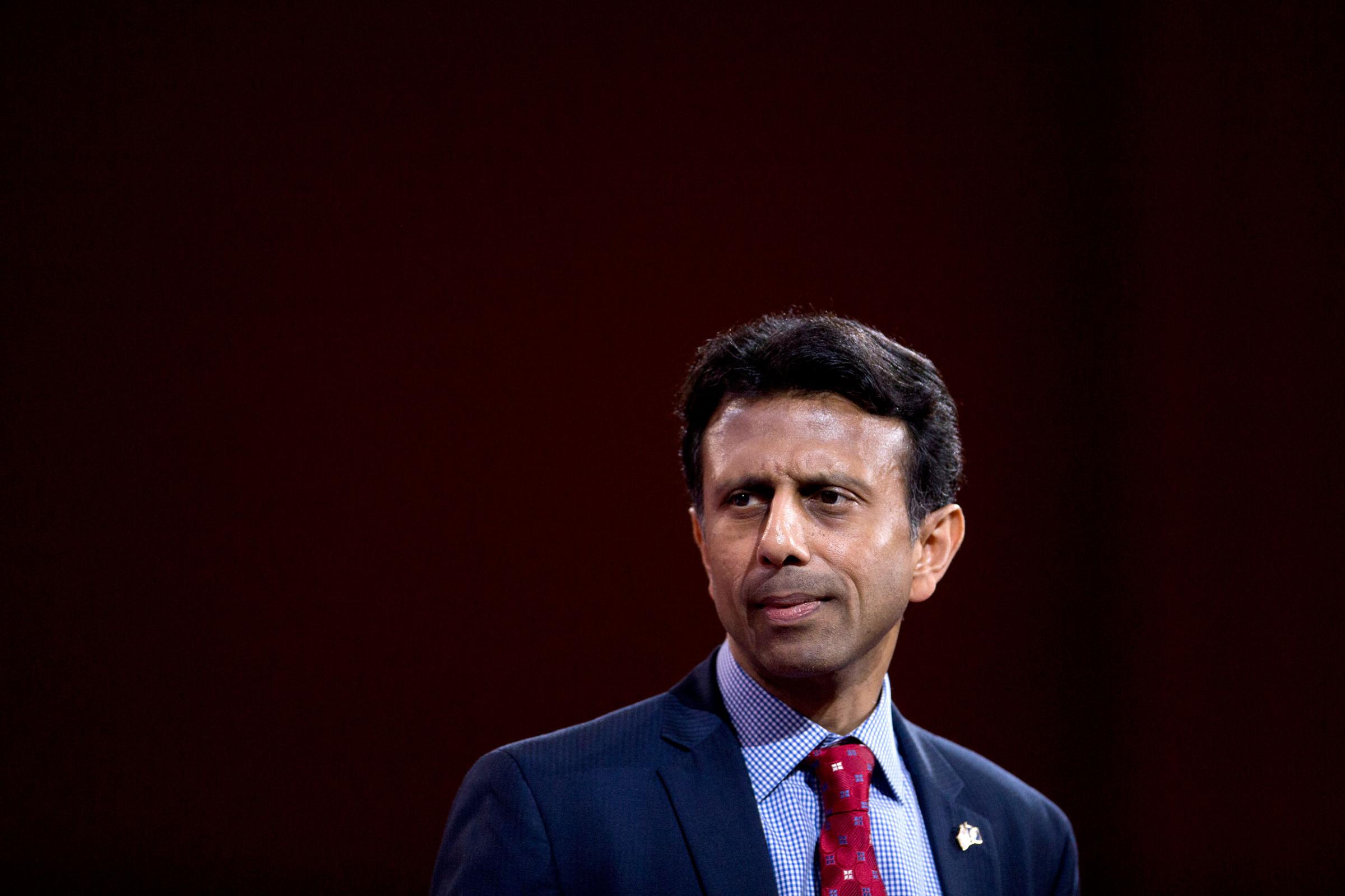
The Louisiana governor’s last performance before a national audience was his widely panned rebuttal to President Obama’s State of the Union in 2009. Jindal, a Rhodes Scholar, should do better Thursday night, but his Iowa-centric campaign has a long way to go to reach relevance. Cruz and Huckabee are already doing a better job at reaching the same voters he is after. The question is can he do something that will be remembered.
The Undercard: Lindsey Graham
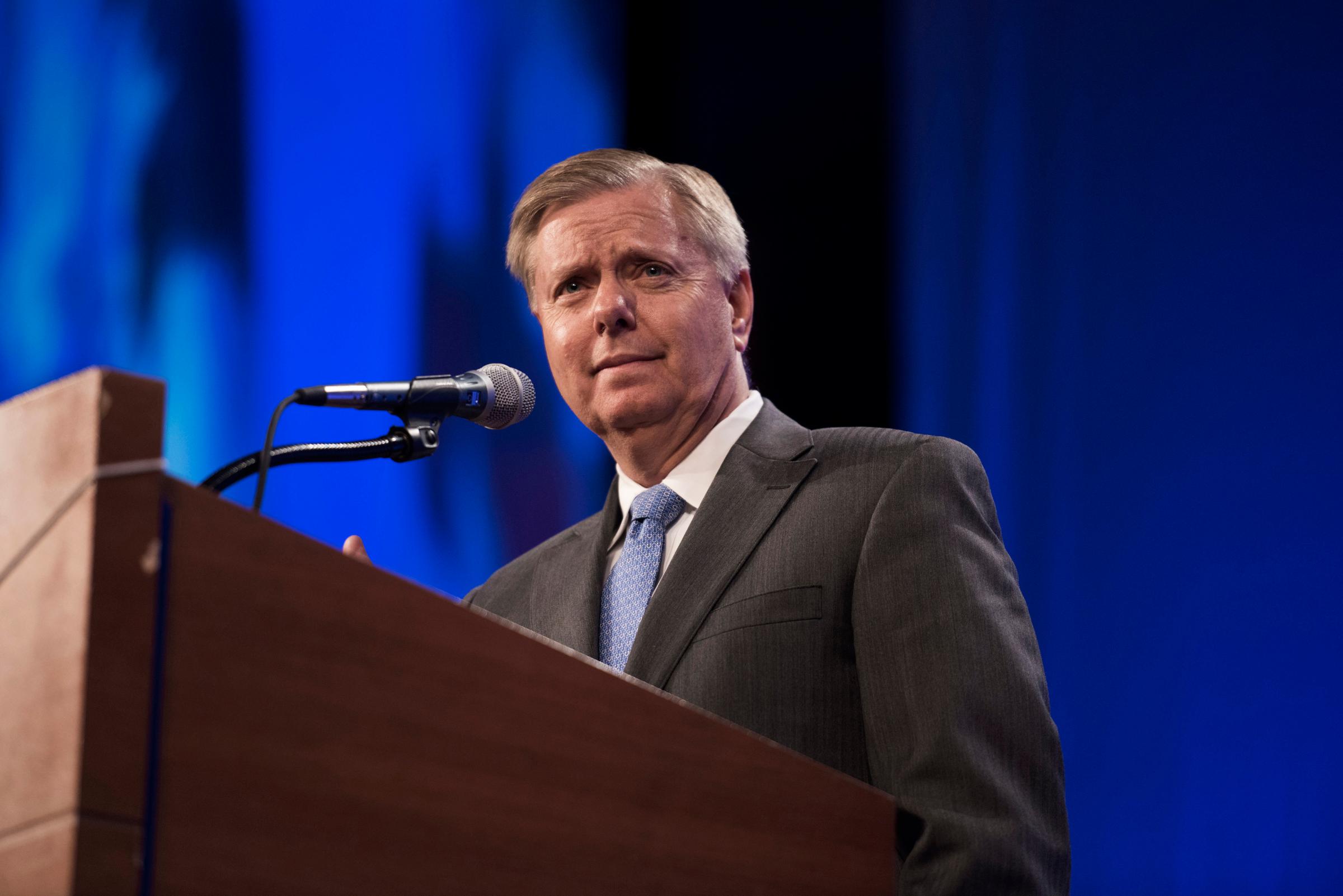
He’s quick with a quip and seasoned from his debates in the Senate, but Graham’s taste for bipartisan cooperation on issues like immigration makes him tough fit for the GOP base. Expect him to entertain; he’s clearly the funniest candidate out there. He also needs to make his mark on foreign policy. But he still needs to find a way to make the case that he is running for anything more than Scott Walker’s Secretary of Defense.
The Undercard: George Pataki
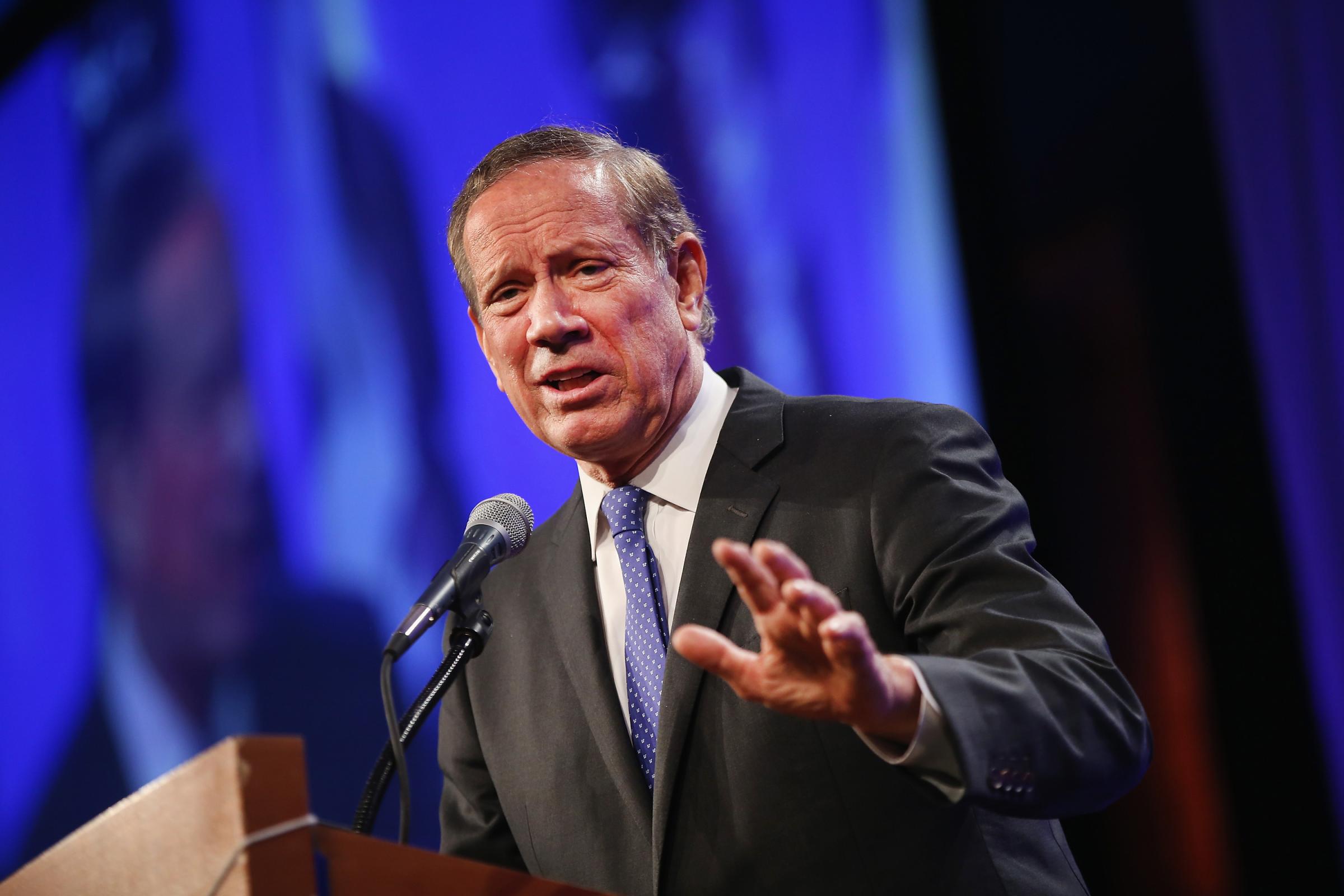
The former New York governor has been out of politics for a decade and the rust shows in his performances on the stump. Staking out a position as a moderate, Pataki been an ardent Trump critics. But denied the chance to go toe-to-toe with the reality television star, it’s hard to see how he breaks through. That may be fine with him. He seems to be just along for the ride.
The Undercard: Jim Gilmore
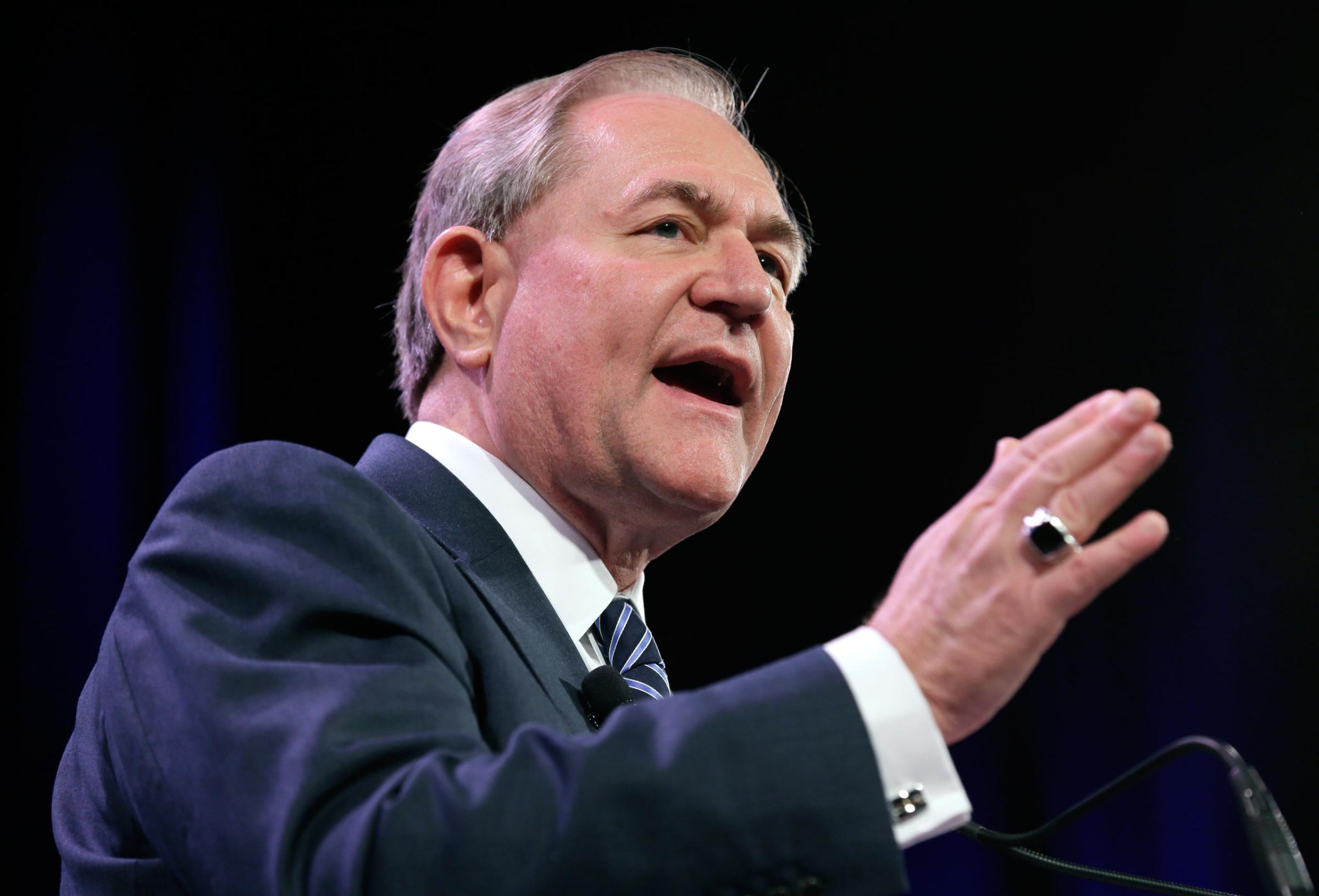
Who? The former Virginia governor scored an invite after Fox News lowered the threshold for admittance to those whose names are offered consistently in national polling. But Gilmore is barely above zero in those surveys, and has no strong base of support. Unless he pulls a surprise, this will likely be his last debate.
Ben Carson, a former pediatric neurosurgeon, enjoyed a groundbreaking medical career. Yet the first-time political candidate has not been put through the vetting that accompanies a White House bid. The conservative National Review looked at Carson’s connections to a potentially problematic health supplement company that has been accused of false advertising and conspiracy to commit fraud. The question for Carson: “Most Americans know you for your accomplishments in the operating room. But you’ve also promoted a company that has promised miracle cures for everything from cancer to multiple sclerosis to HIV/ AIDS, and you have no experience in elected office. What prepares you to be president?”
Ted Cruz frequently invokes Ronald Reagan’s 11th commandment: “Thou shalt not speak ill of another Republican.” Yet Cruz criticizes his colleagues all the time—including, just last week, during a remarkable speech on the Senate floor in which he accused GOP Senate leader Mitch McConnell of lying. “How does calling your party’s leader a liar square with your pledge not to attack fellow Republicans?”
He’s young and charismatic, a magnificent orator who doesn’t look like the typical white politician. Sounds like Marco Rubio, right? Well, the same was said eight years ago about another up-and-comer: Barack Obama. Many conservatives are not sure they want to bet on yet another first-term Senator with magnetic appeal and a thin resume. “Why, Sen. Rubio, should Americans risk another eight years of a learn-on-the-job President?”
See the 2016 Candidates Looking Very Presidential
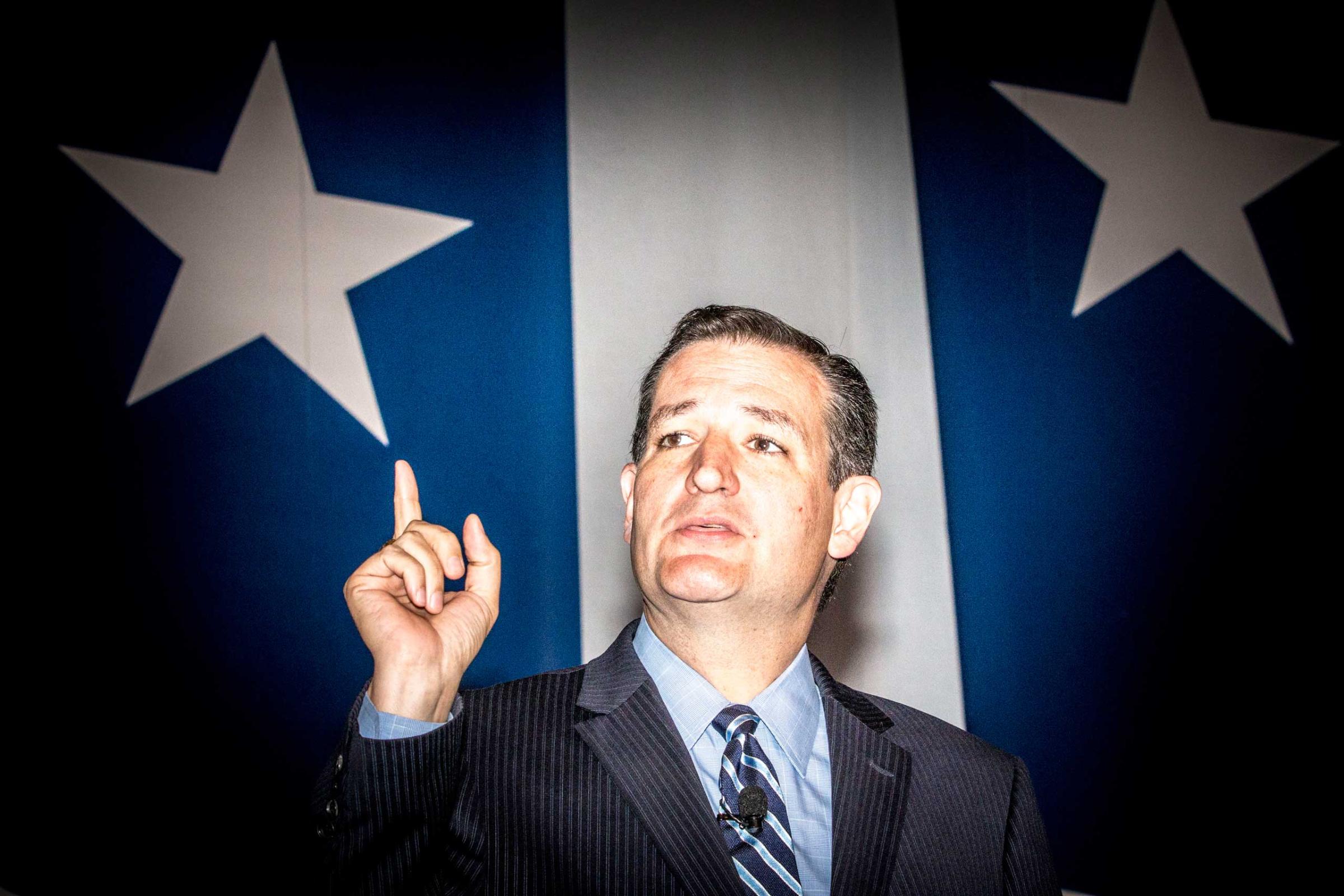
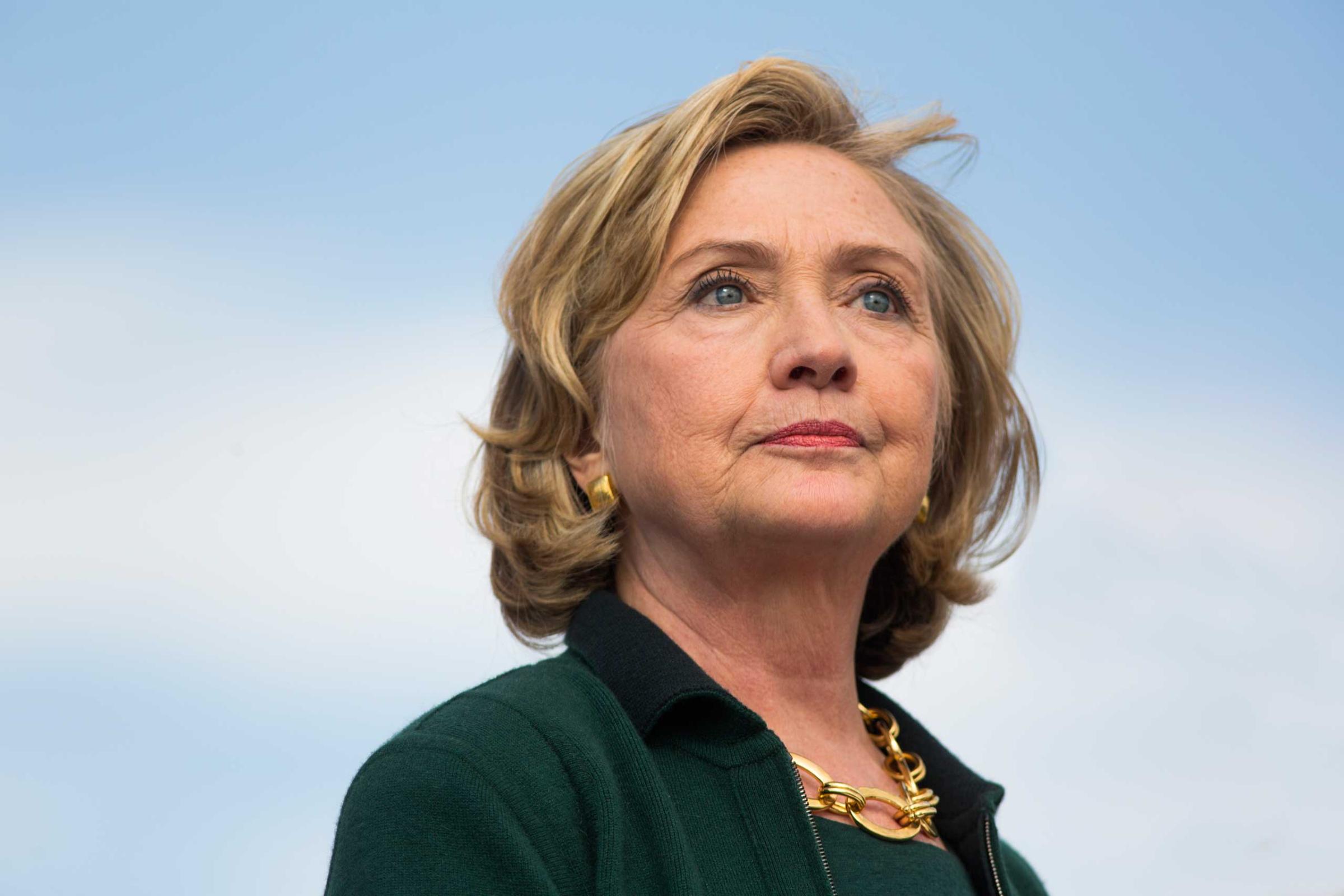
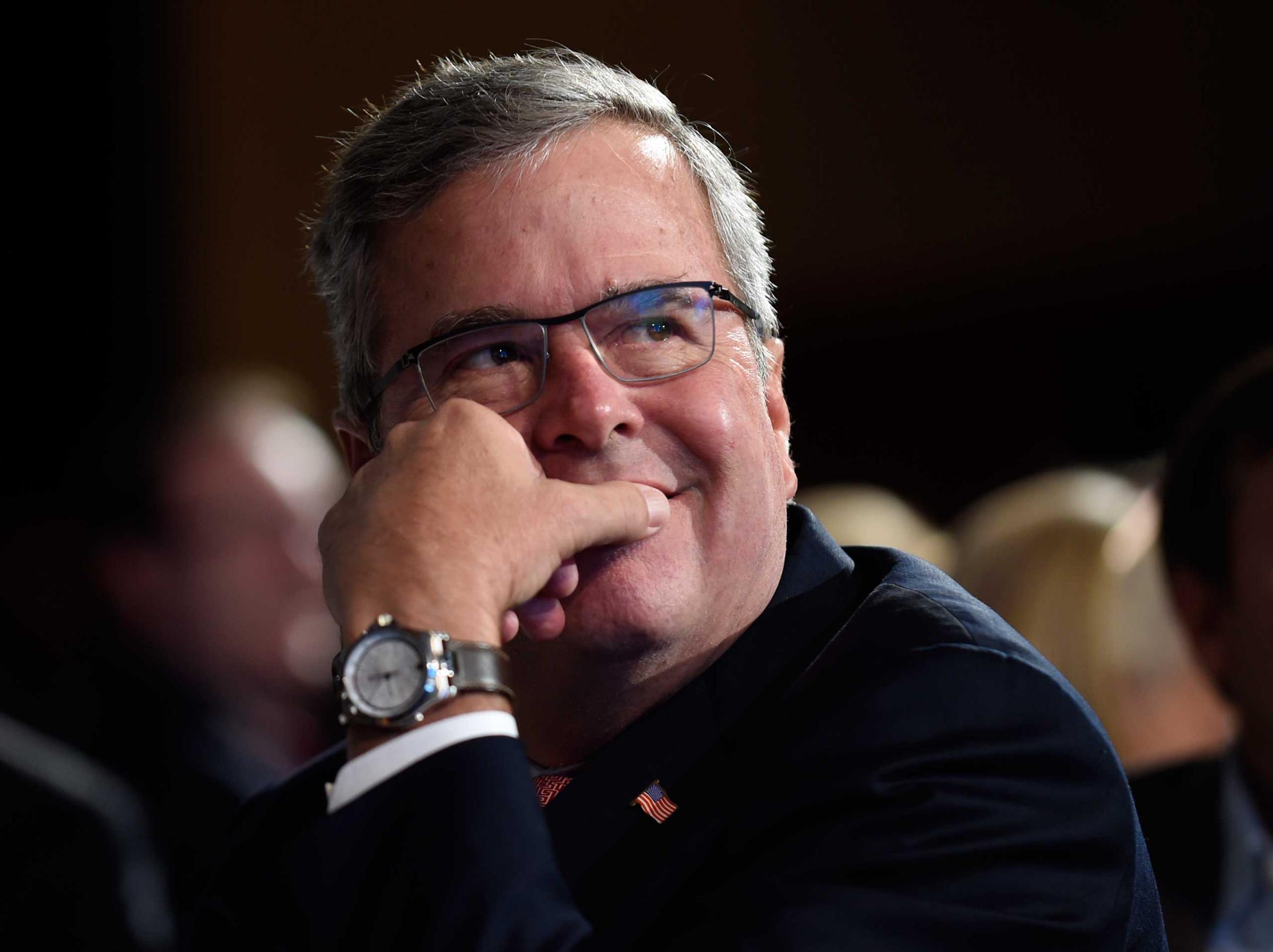
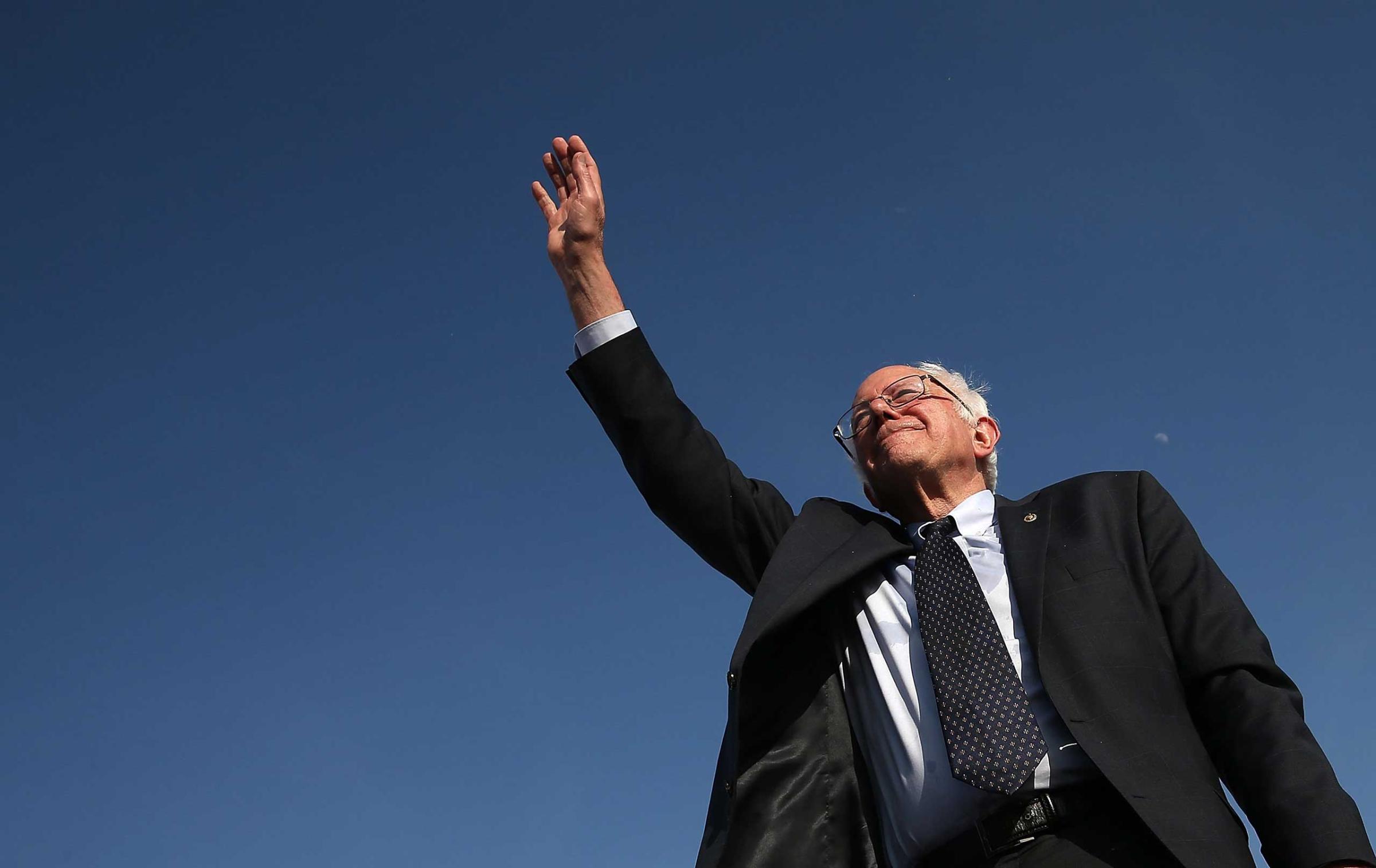
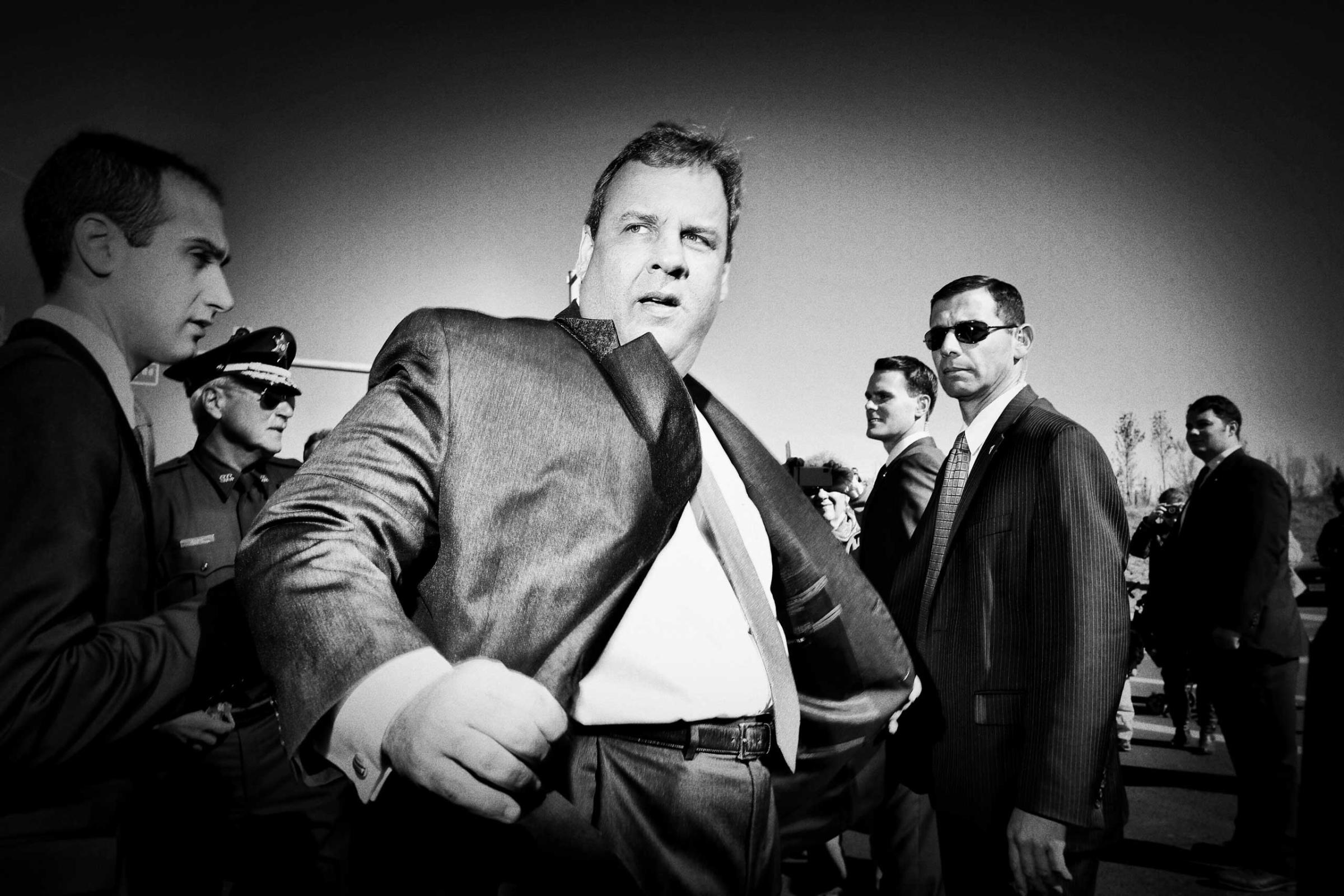
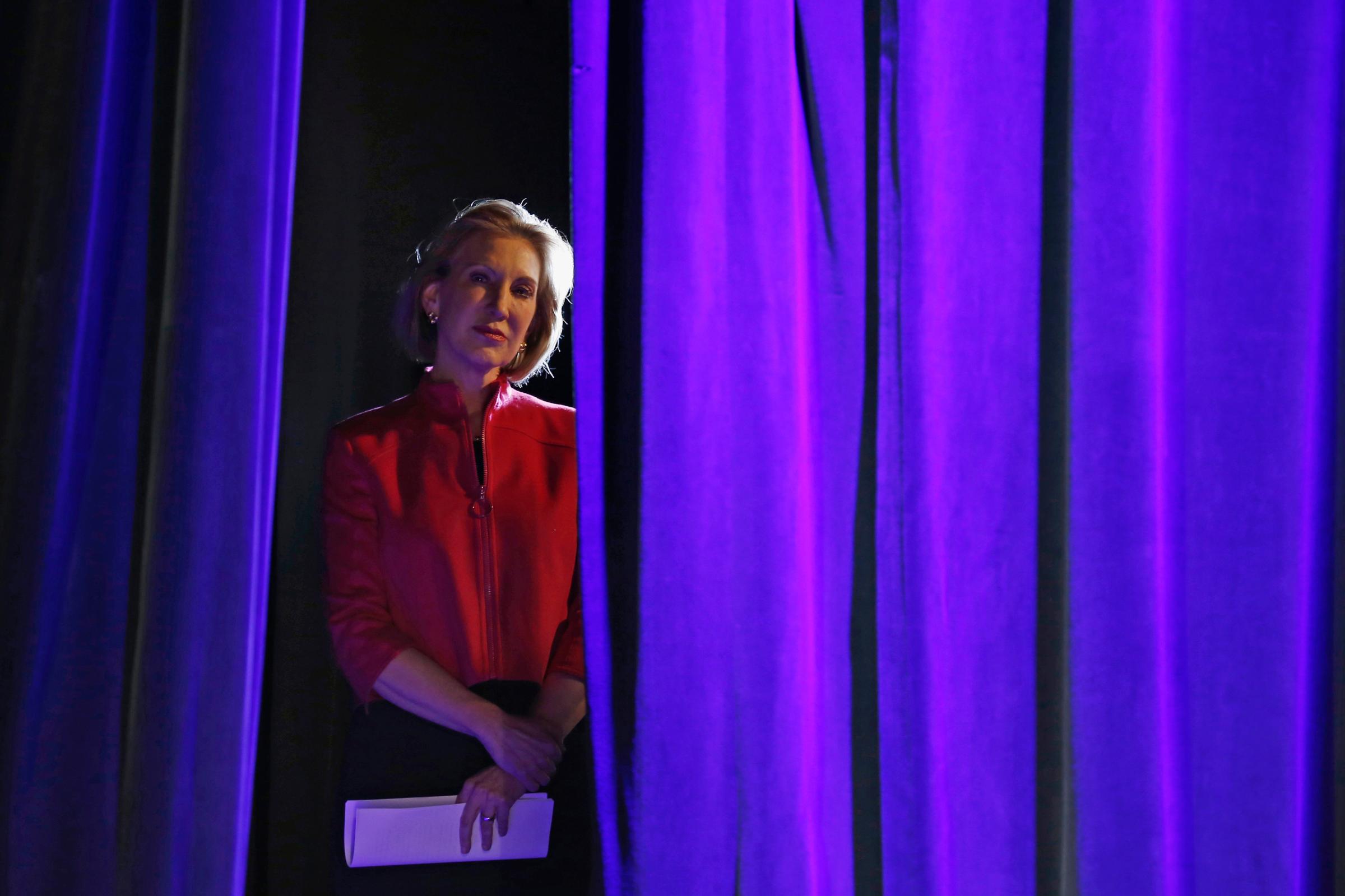
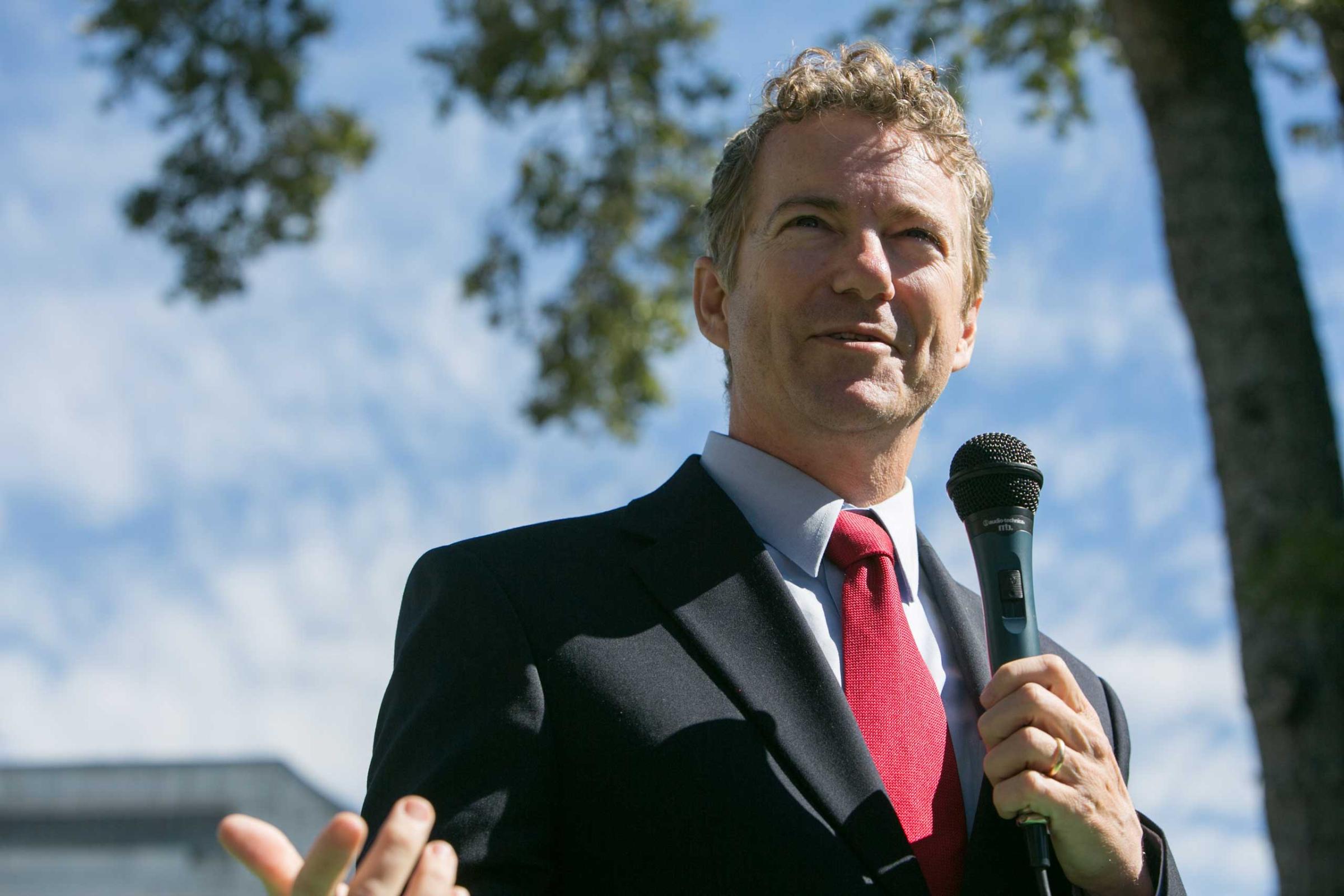
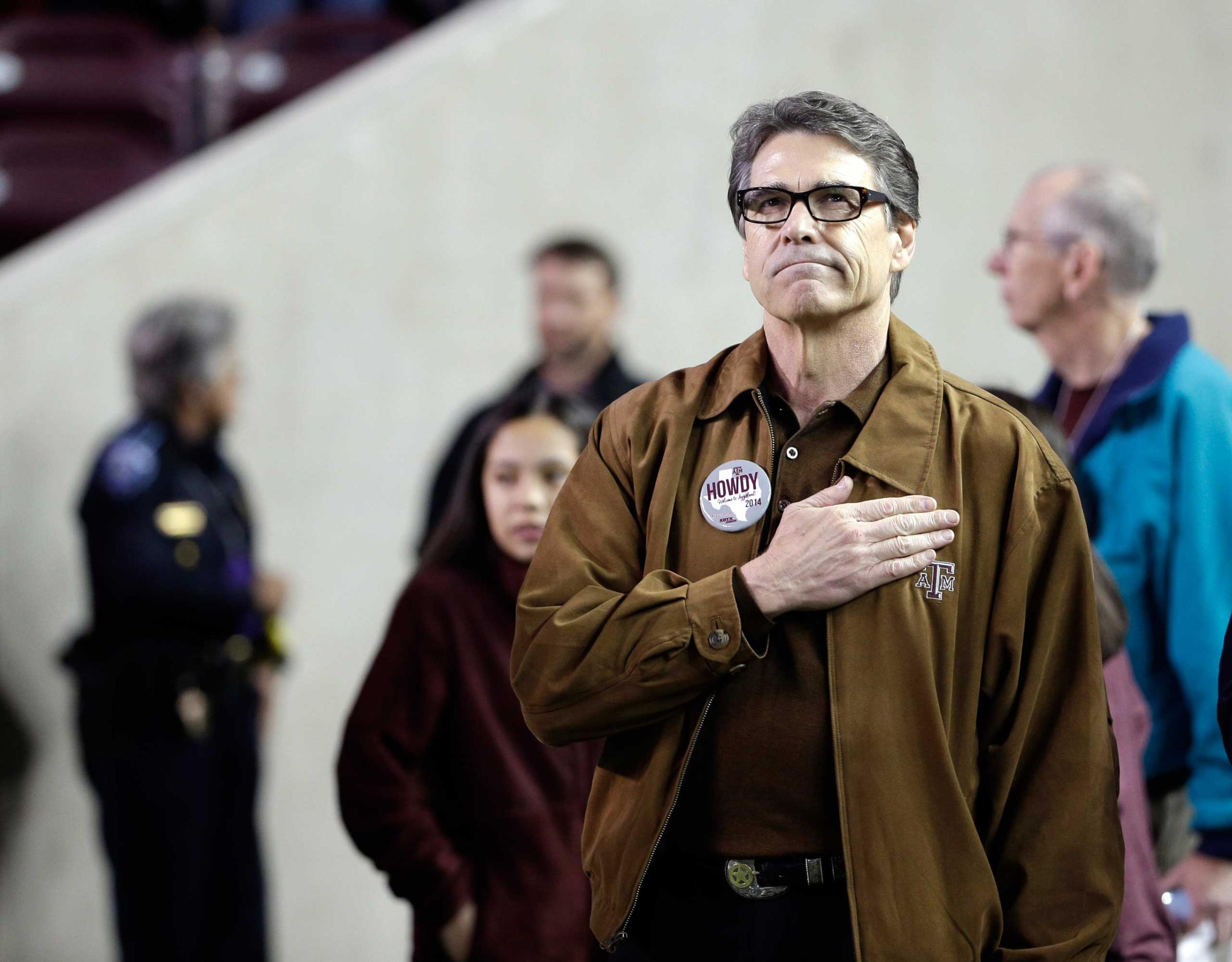
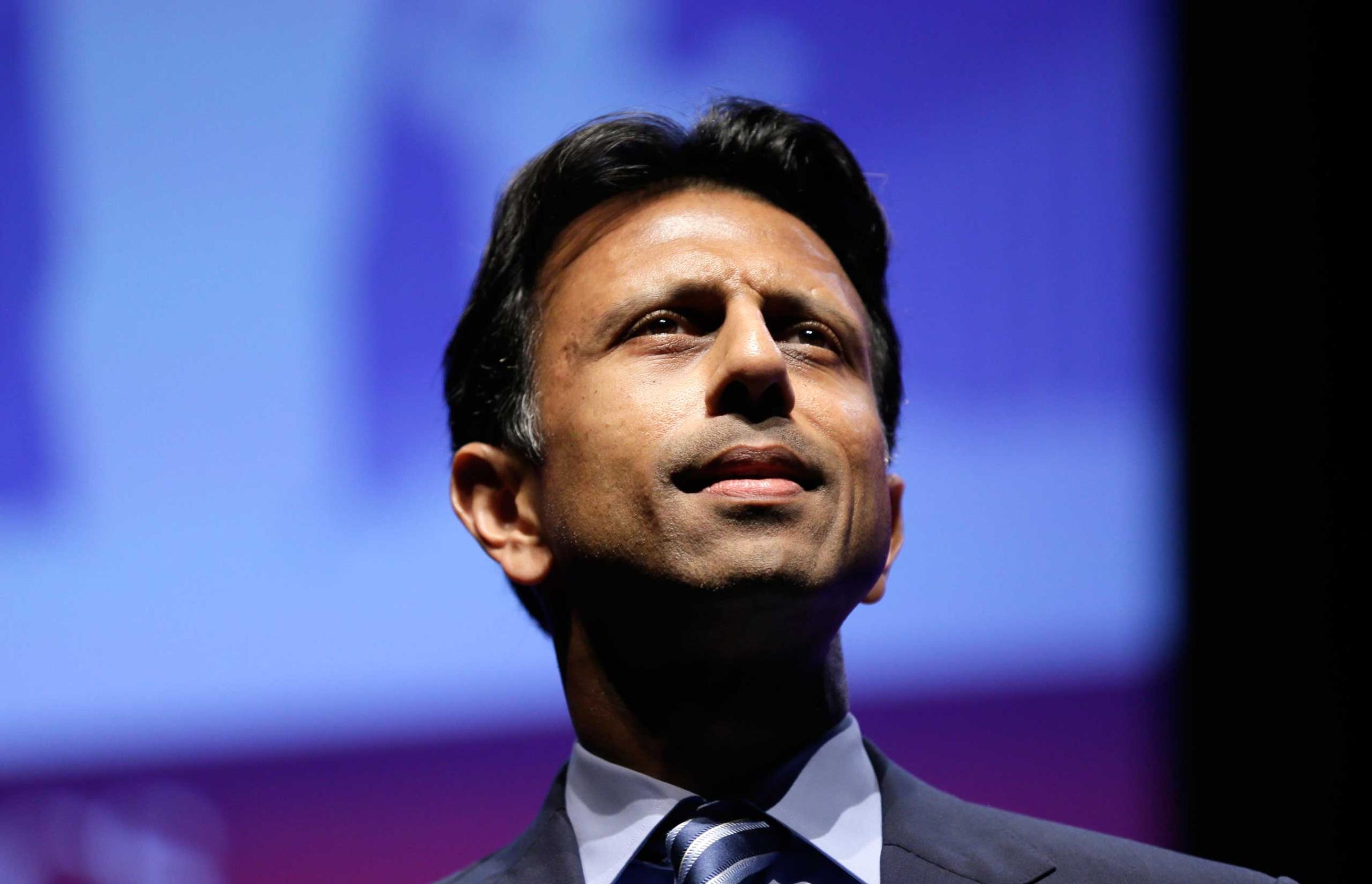
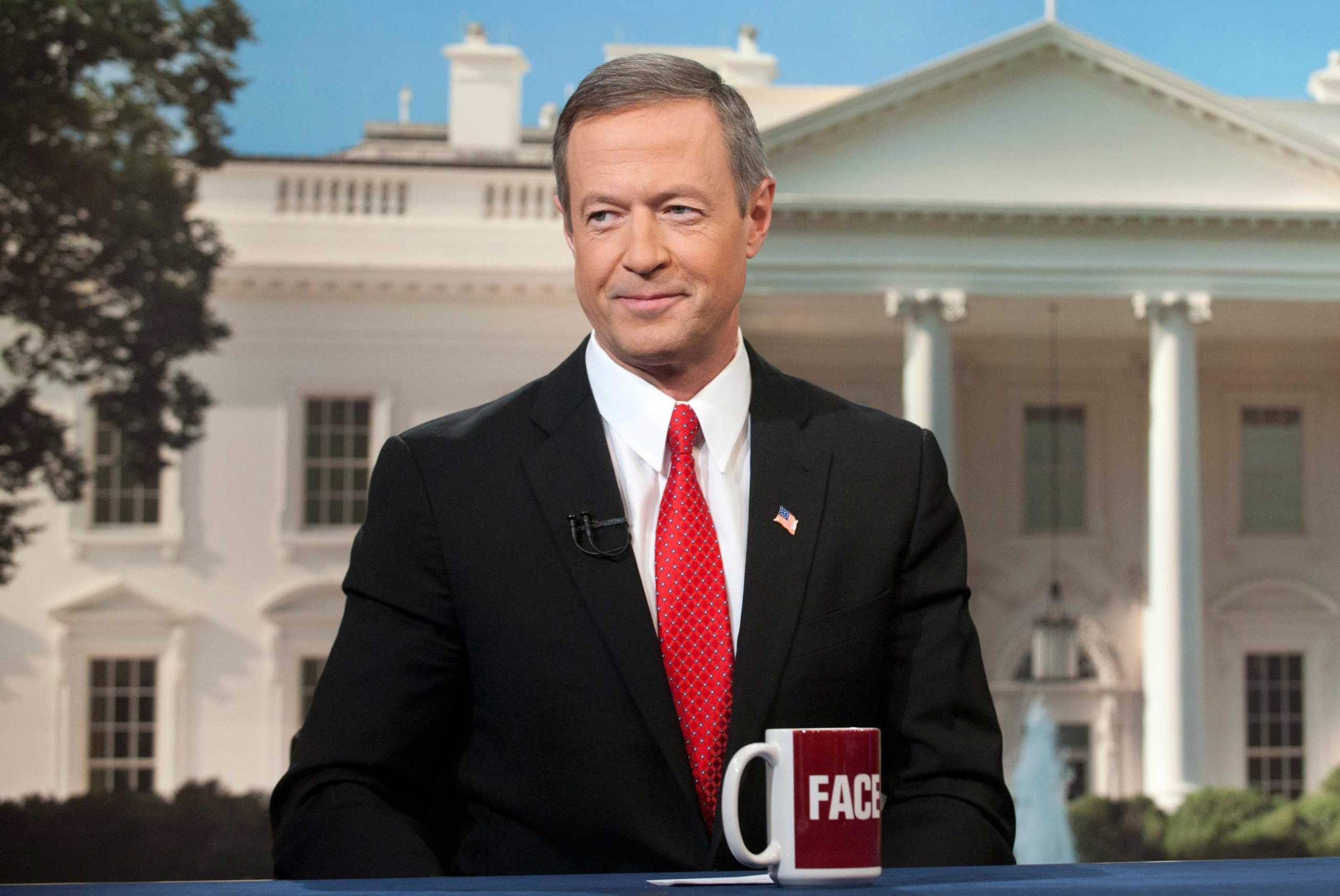
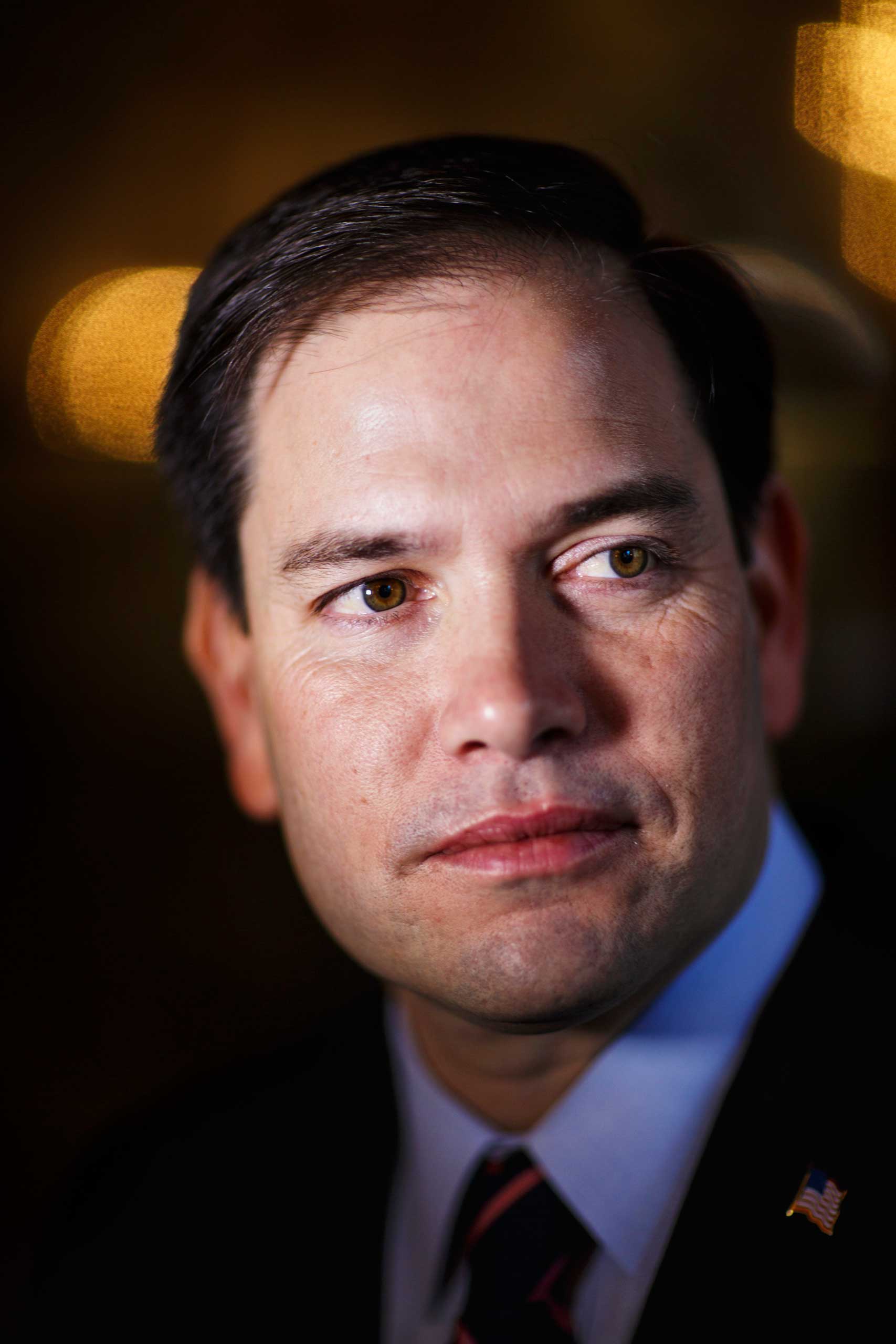
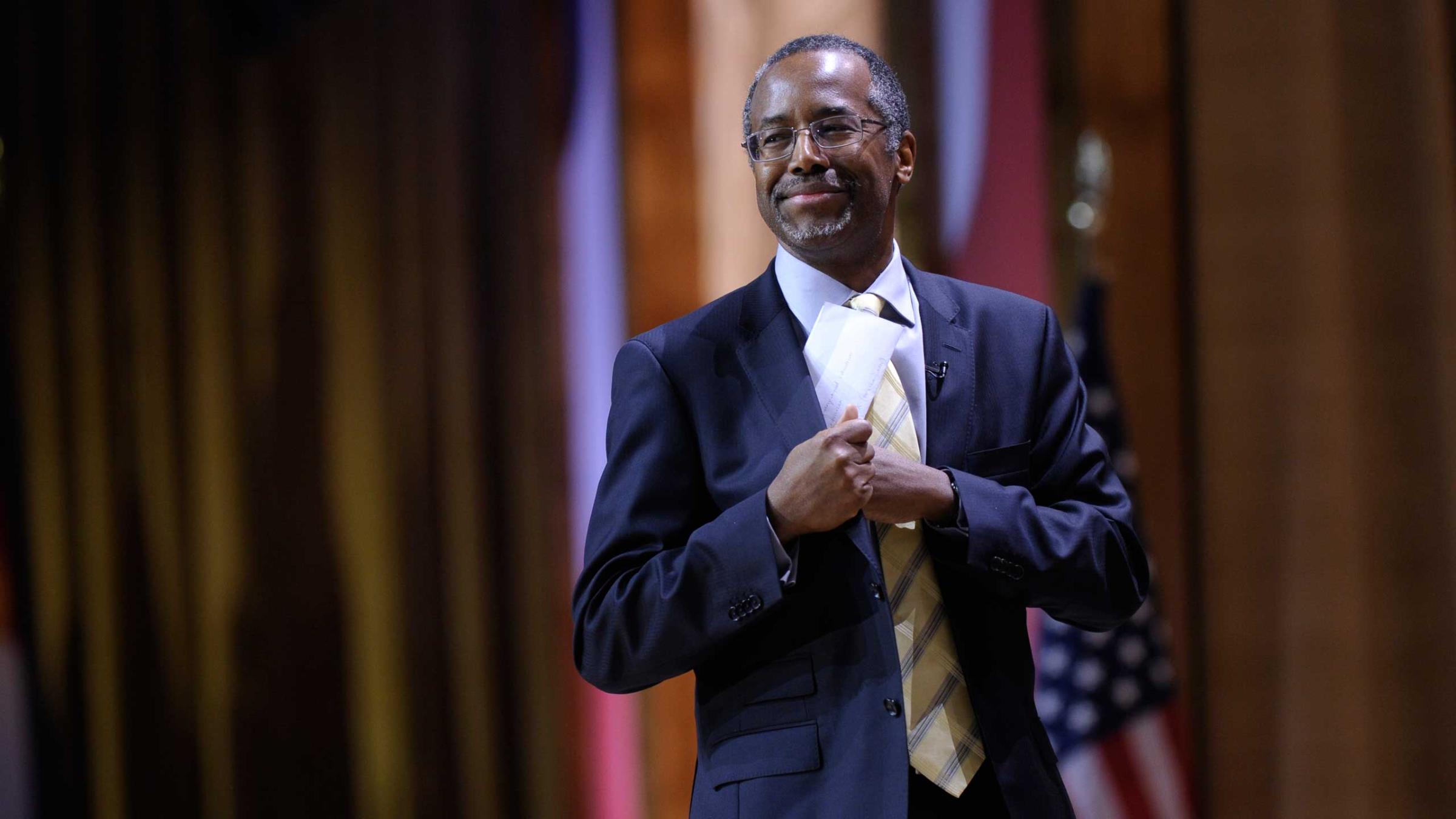
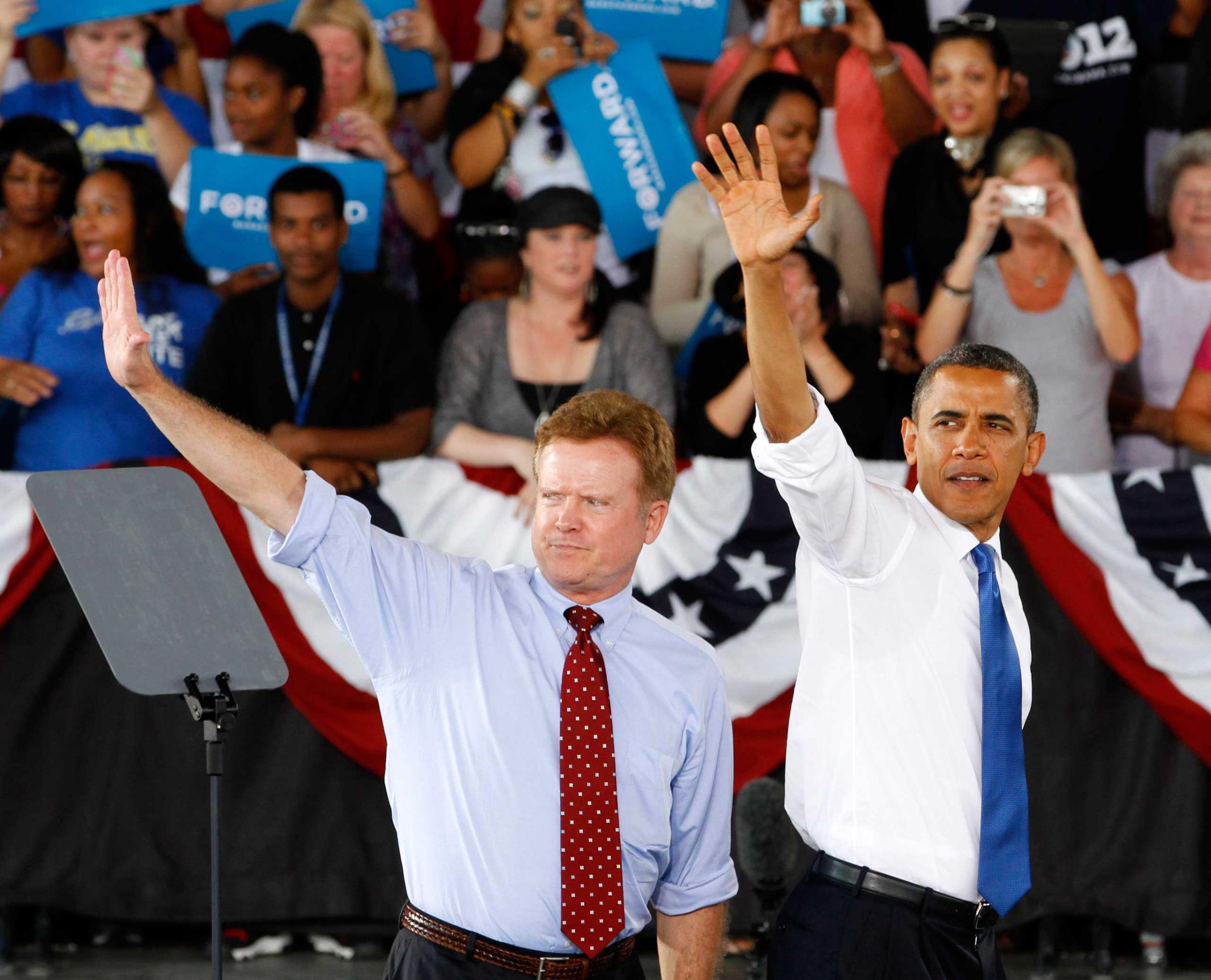
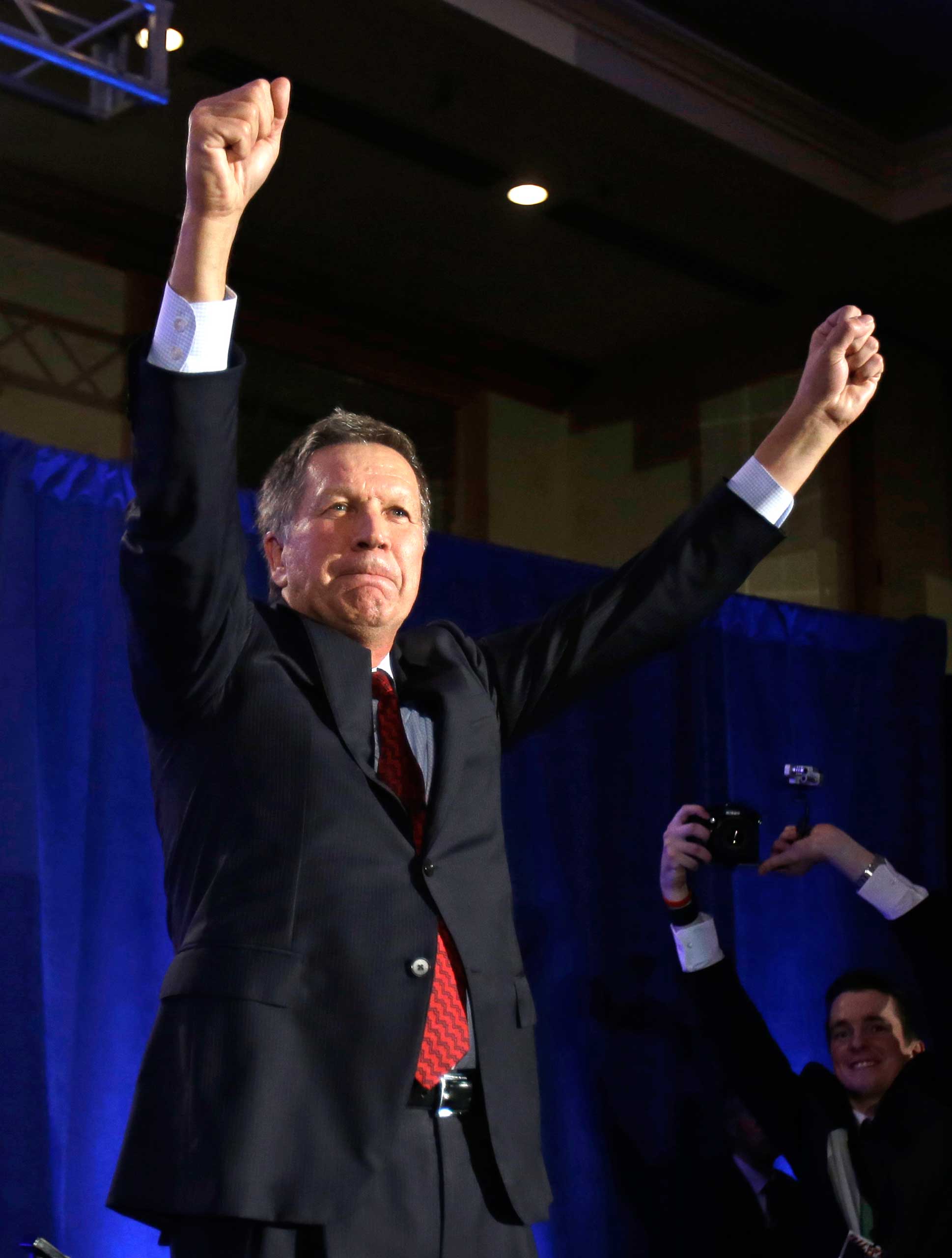
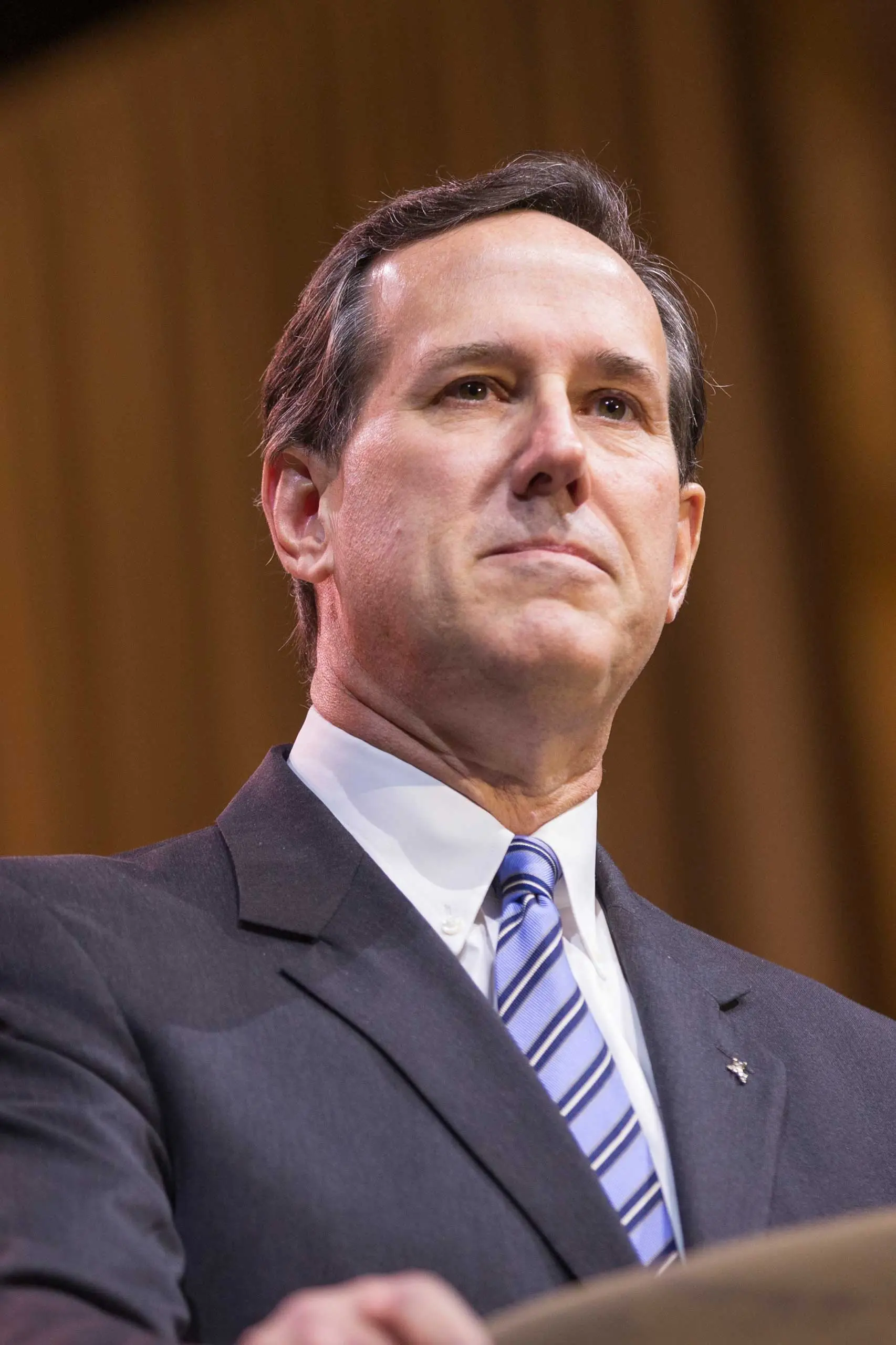
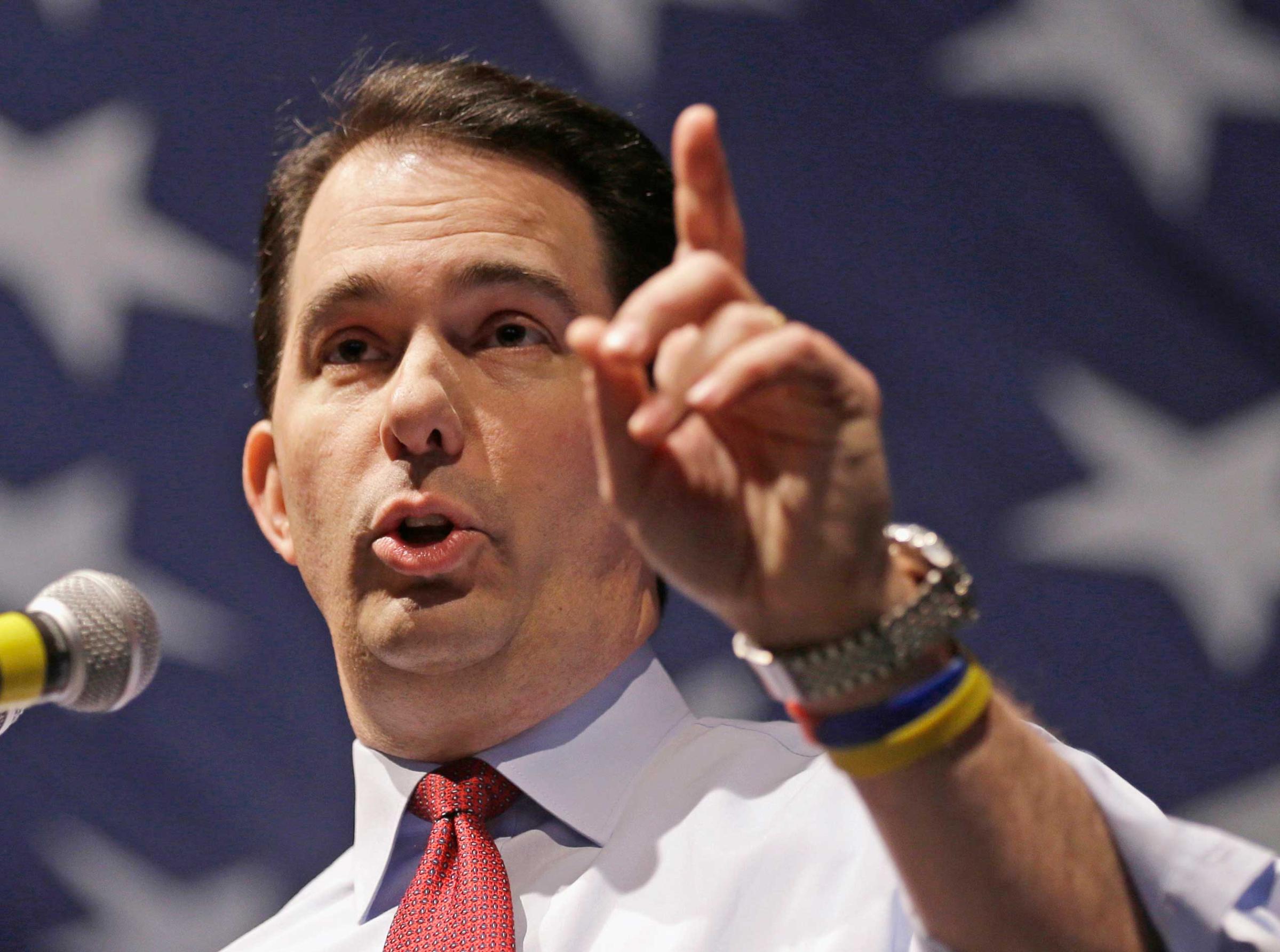

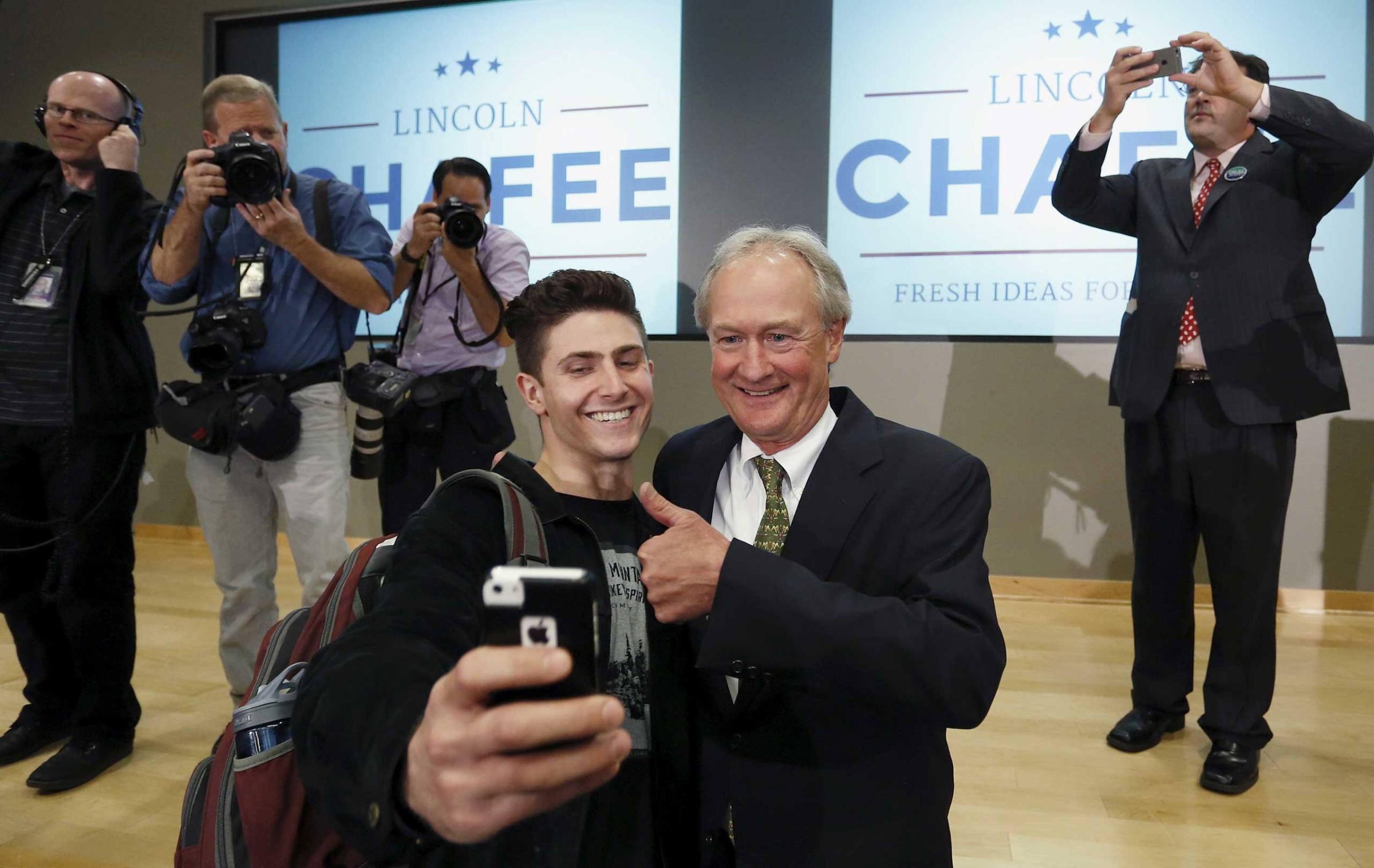

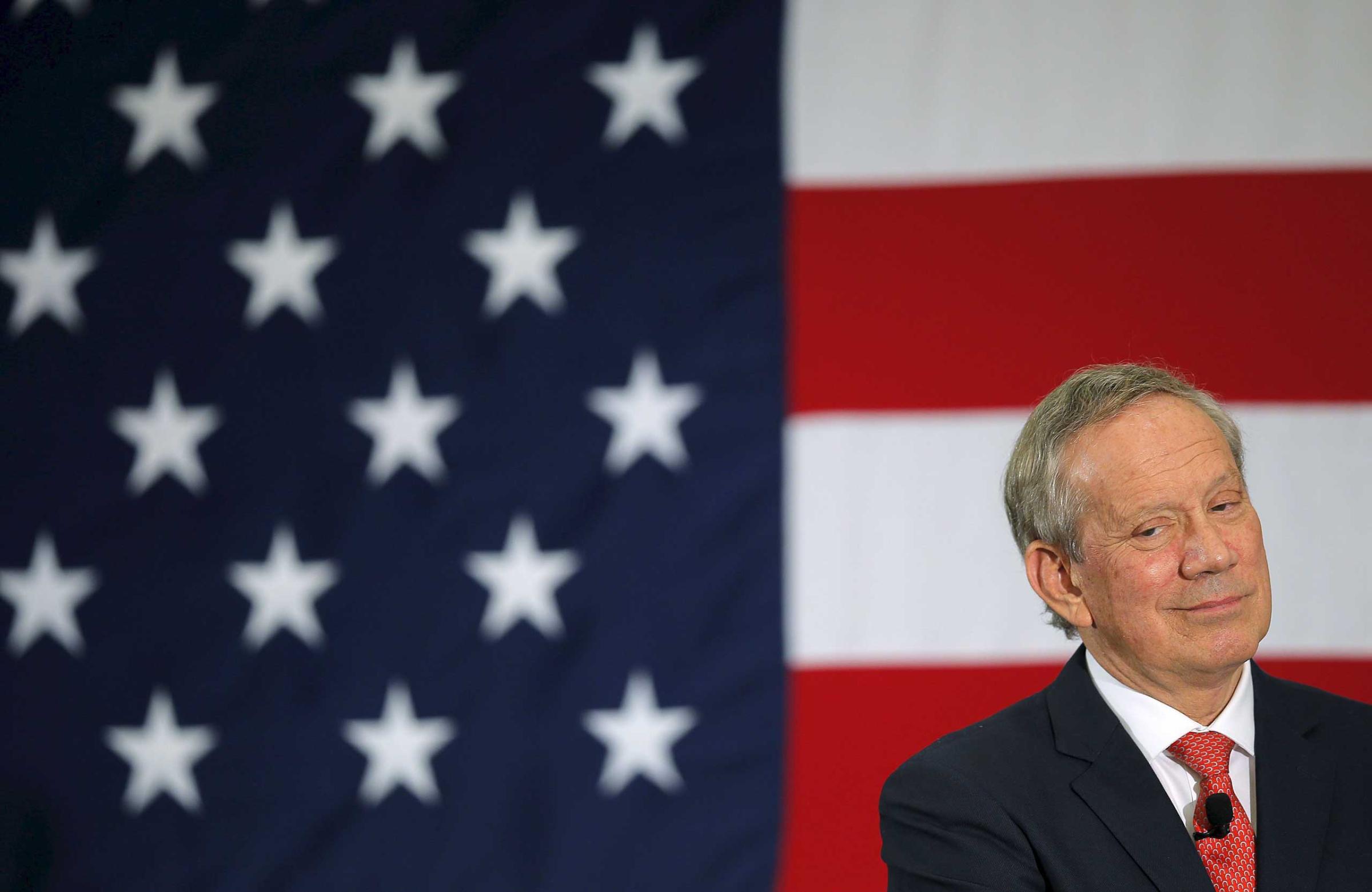
On the eve of the debate, the man running Rand Paul’s super PAC was indicted for allegedly participating in an endorsement-for-pay conspiracy that occurred during his father’s 2012 presidential campaign. Paul also stood by an aide who was outed for writing neo-Confederate columns under the pseudonym “The Southern Avenger.” The question for Paul: “Given the people you surround yourself with, why should Americans trust your judgment as President?”
Chris Christie’s dreaded question is based on an answer he gave this week while campaigning in New Hampshire. “I’m a Catholic,” the famously candid New Jersey Governor said, “but I’ve used birth control, and not just the rhythm method, OK?” Awkwardness ensued. The question no candidate ever wants to answer, but one that is fair to ask Christie now: “Sir, can you tell us more about your birth control practices?”
On the campaign trail, Ohio Gov. John Kasich touts his stewardship of the Buckeye State and his role in crafting Congress’s last balanced budget. But in between political offices, Kasich went to work at Lehman Brothers, the investment bank whose collapse contributed significantly to years of economic malaise and soaring unemployment. The question for Kasich: “Were investment bankers like you responsible for the Great Recession?”
More Must-Reads from TIME
- L.A. Fires Show Reality of 1.5°C of Warming
- Home Losses From L.A. Fires Hasten ‘An Uninsurable Future’
- The Women Refusing to Participate in Trump’s Economy
- Bad Bunny On Heartbreak and New Album
- How to Dress Warmly for Cold Weather
- We’re Lucky to Have Been Alive in the Age of David Lynch
- The Motivational Trick That Makes You Exercise Harder
- Column: No One Won The War in Gaza
Write to Philip Elliott at philip.elliott@time.com and Alex Altman at alex_altman@timemagazine.com



